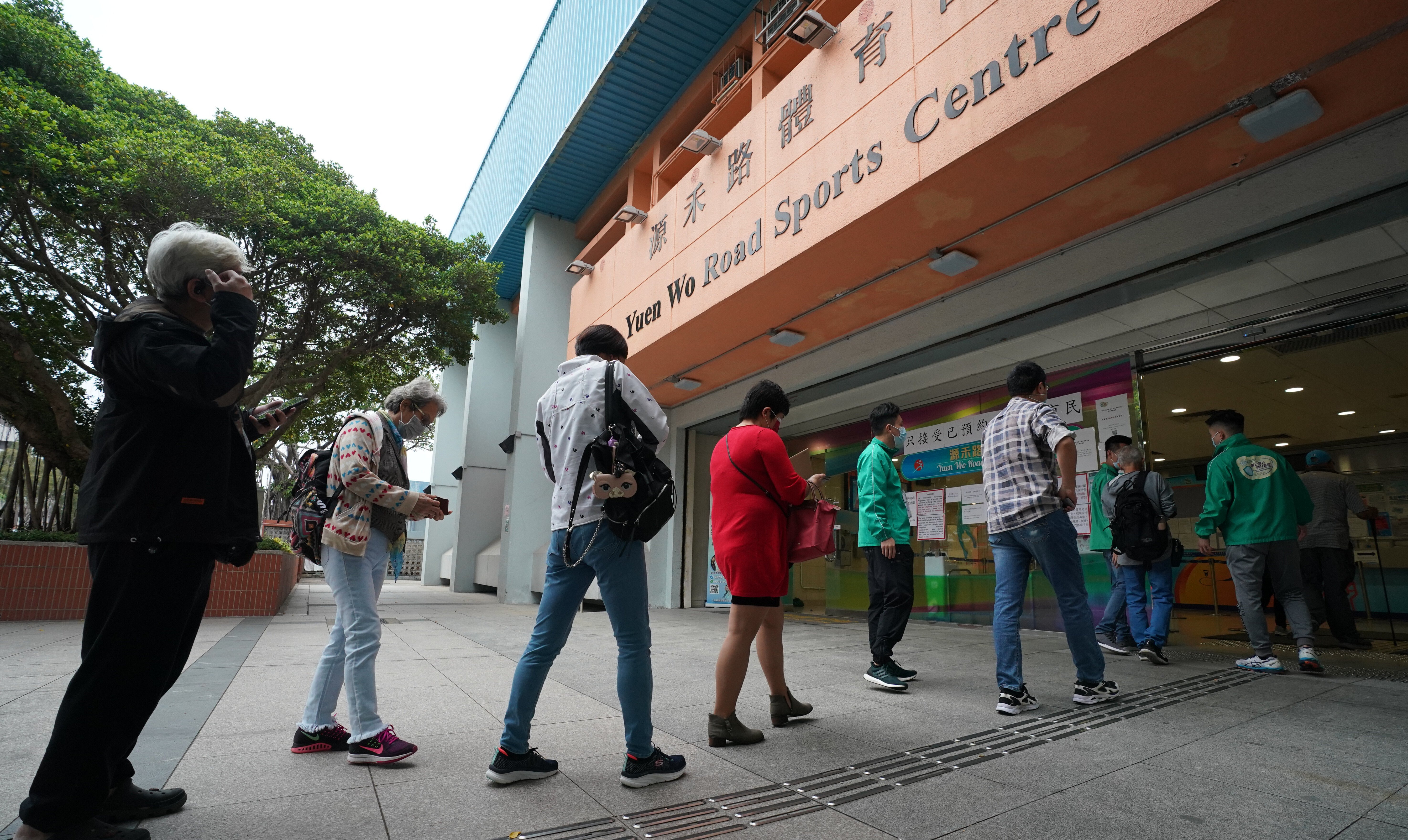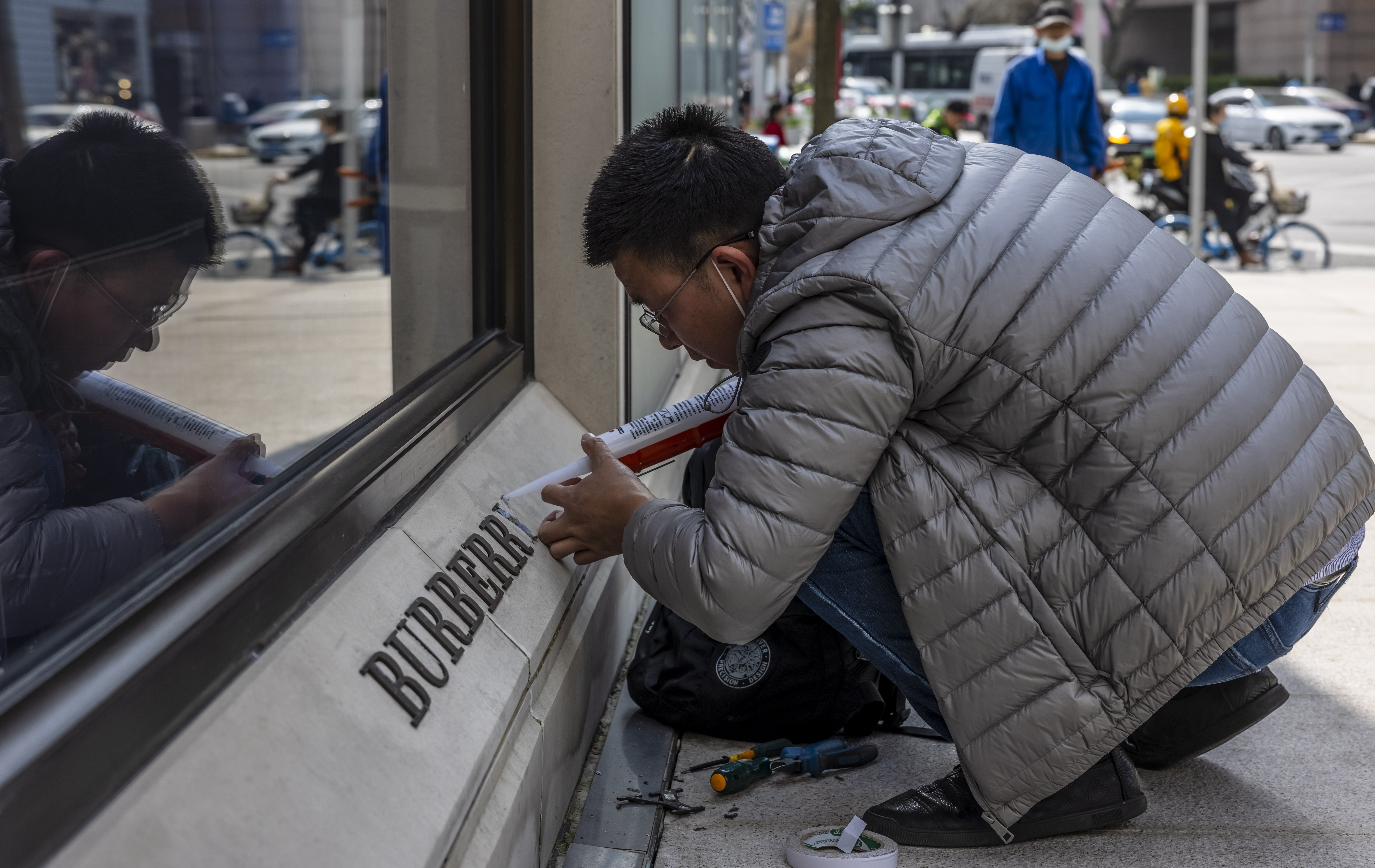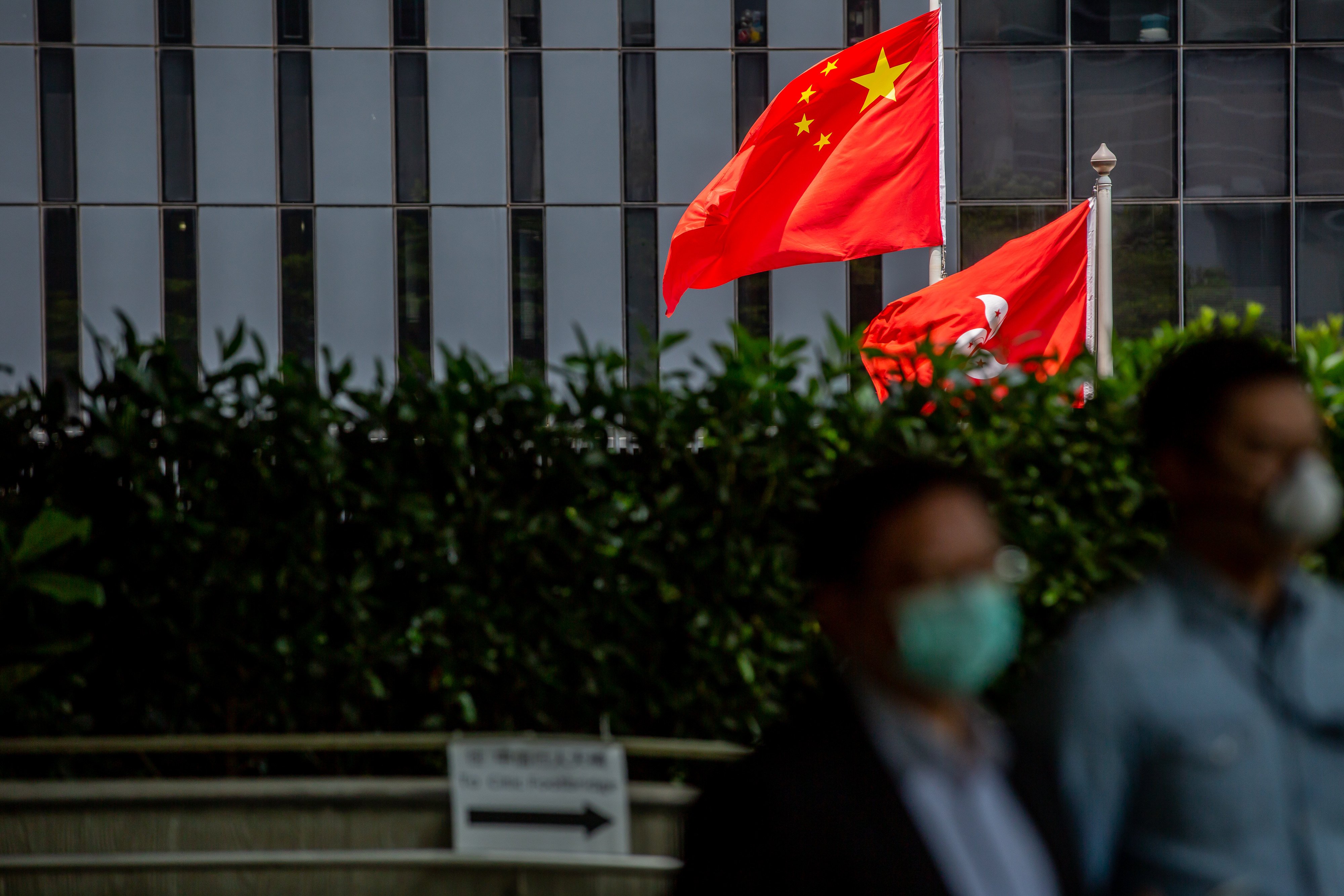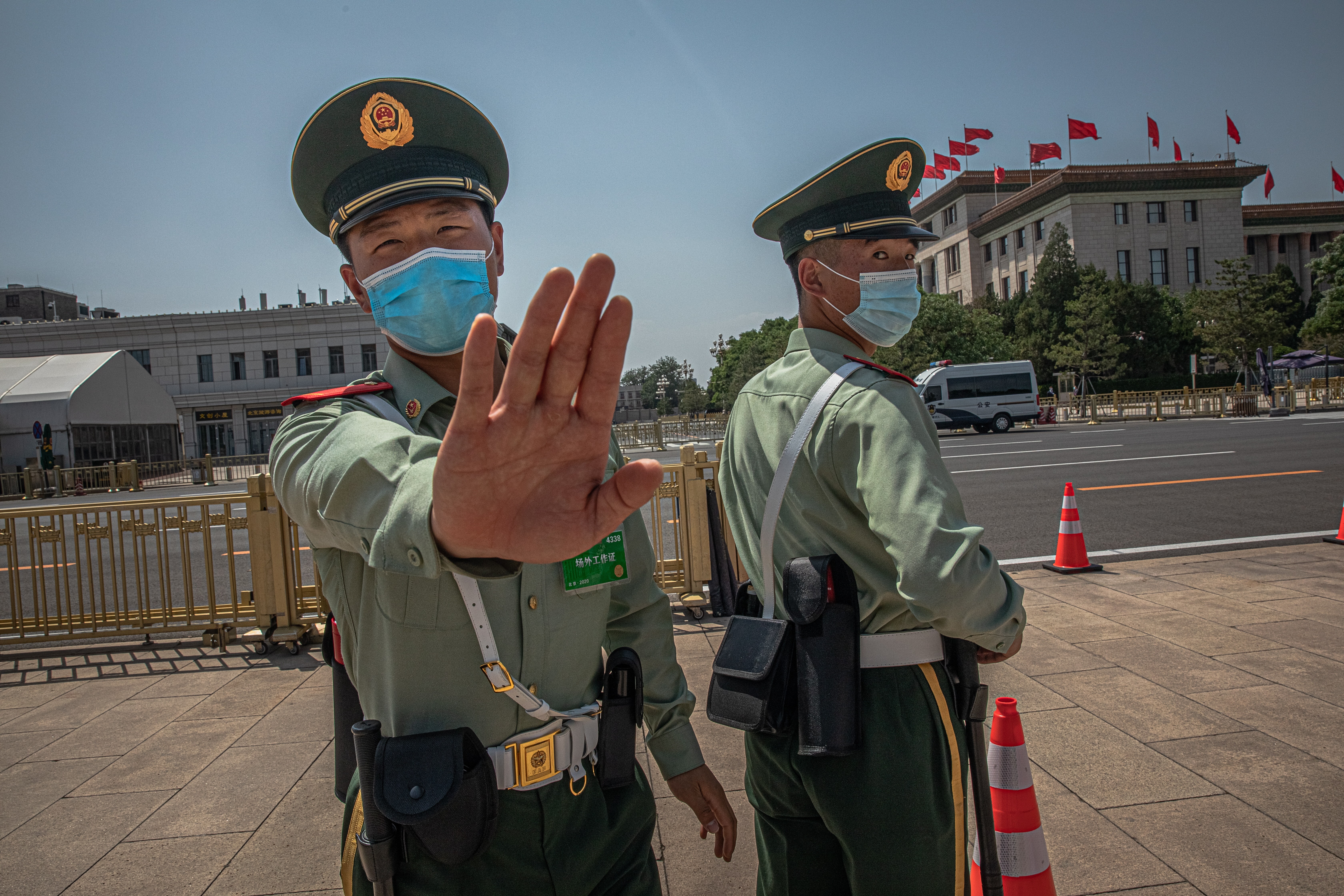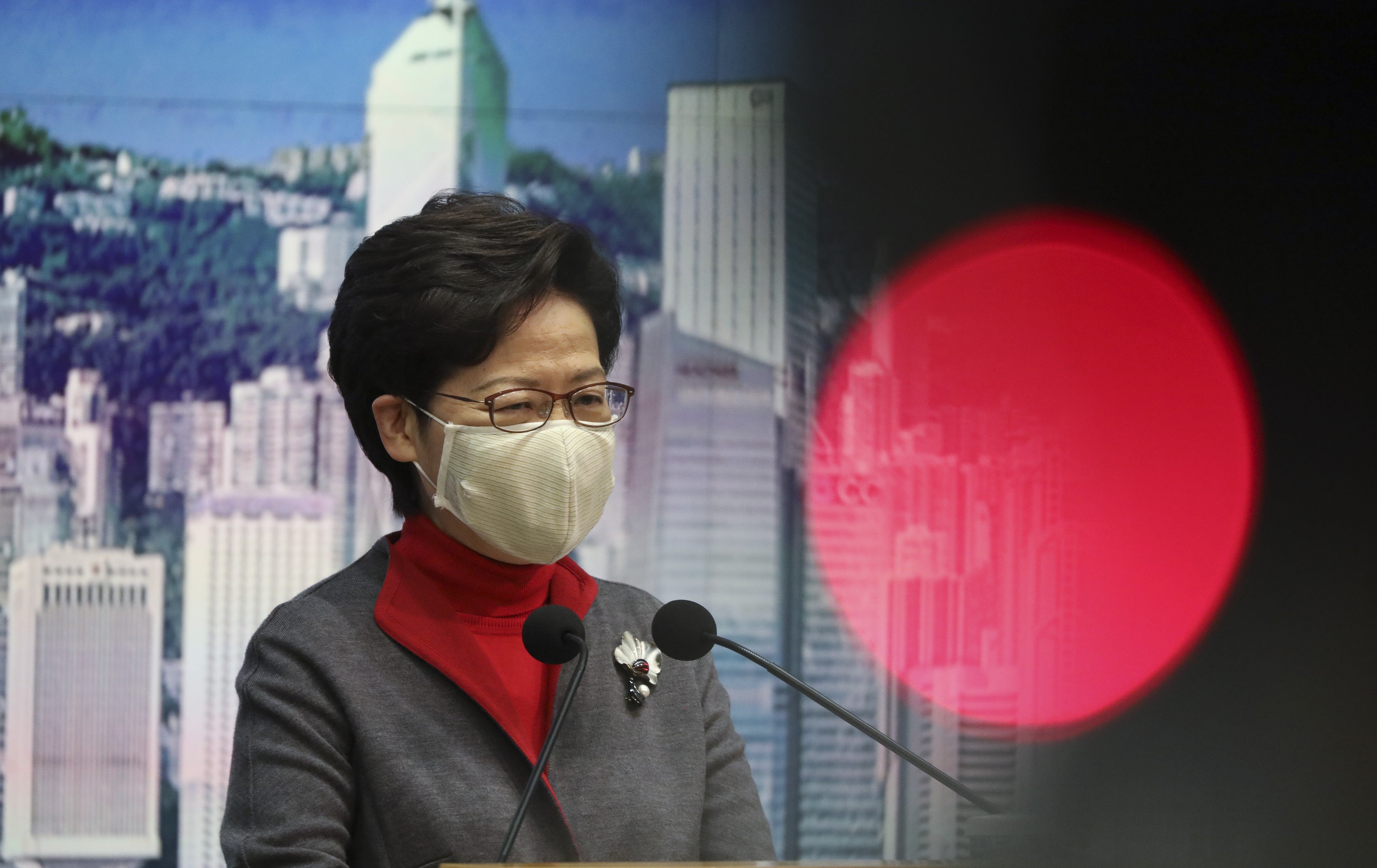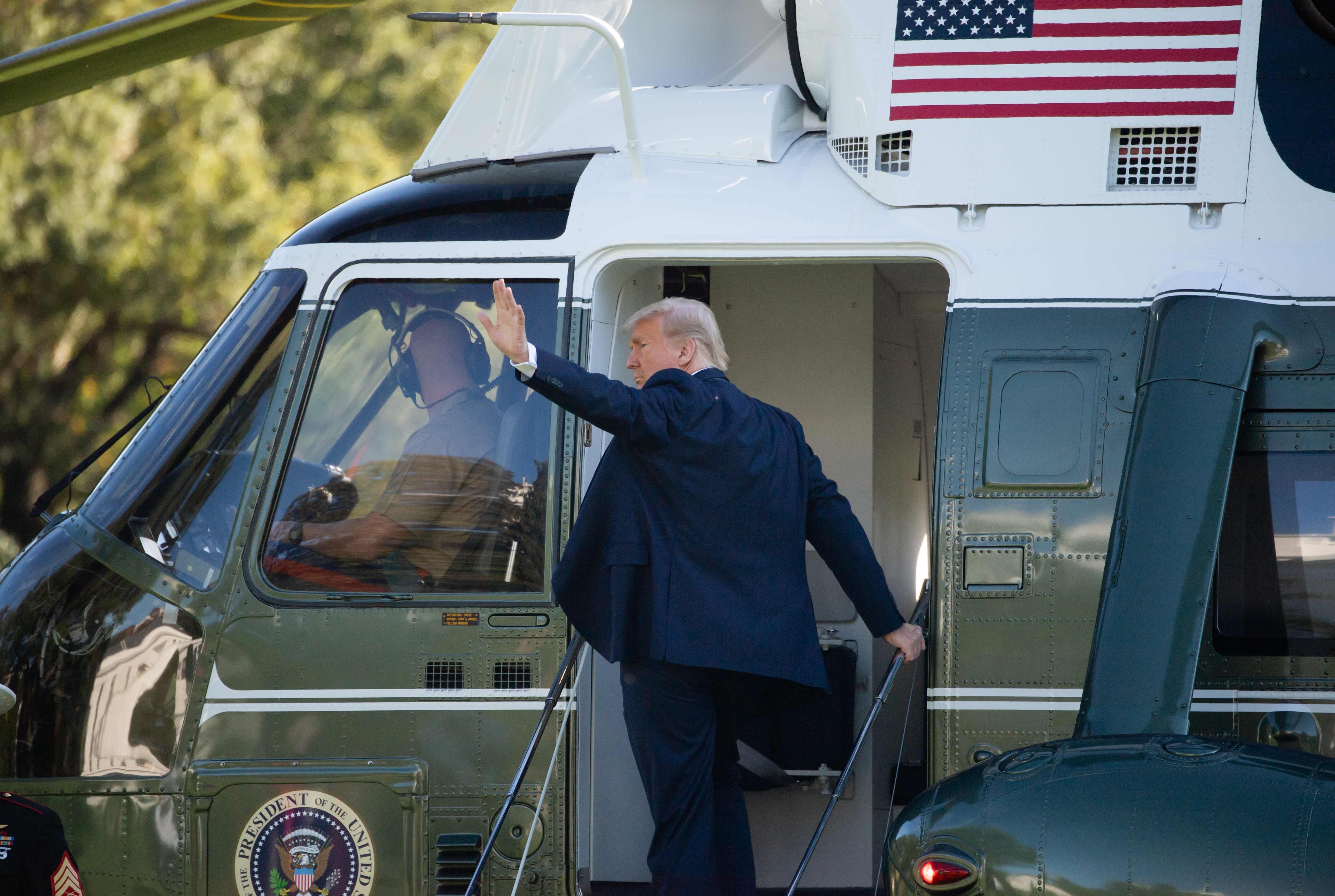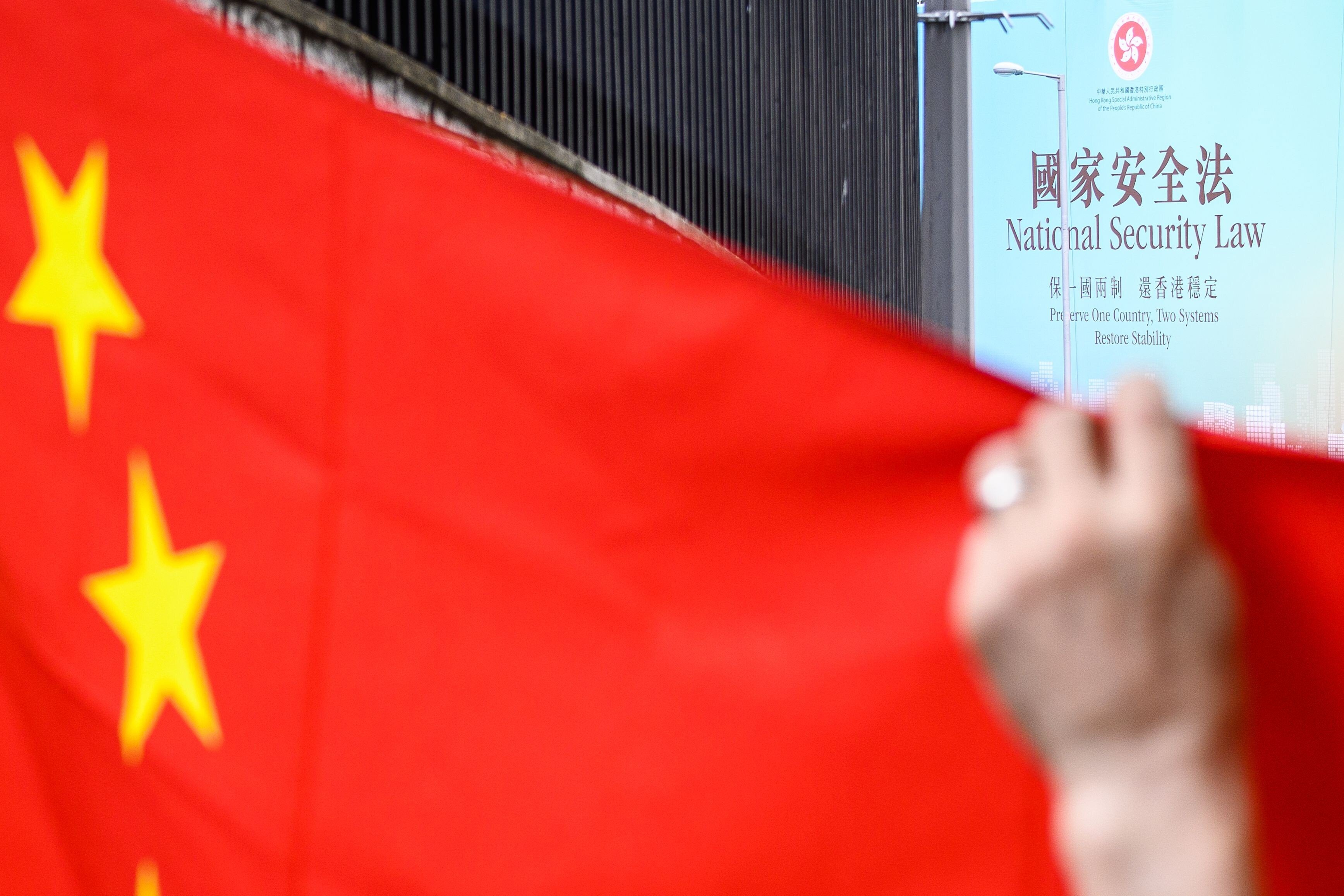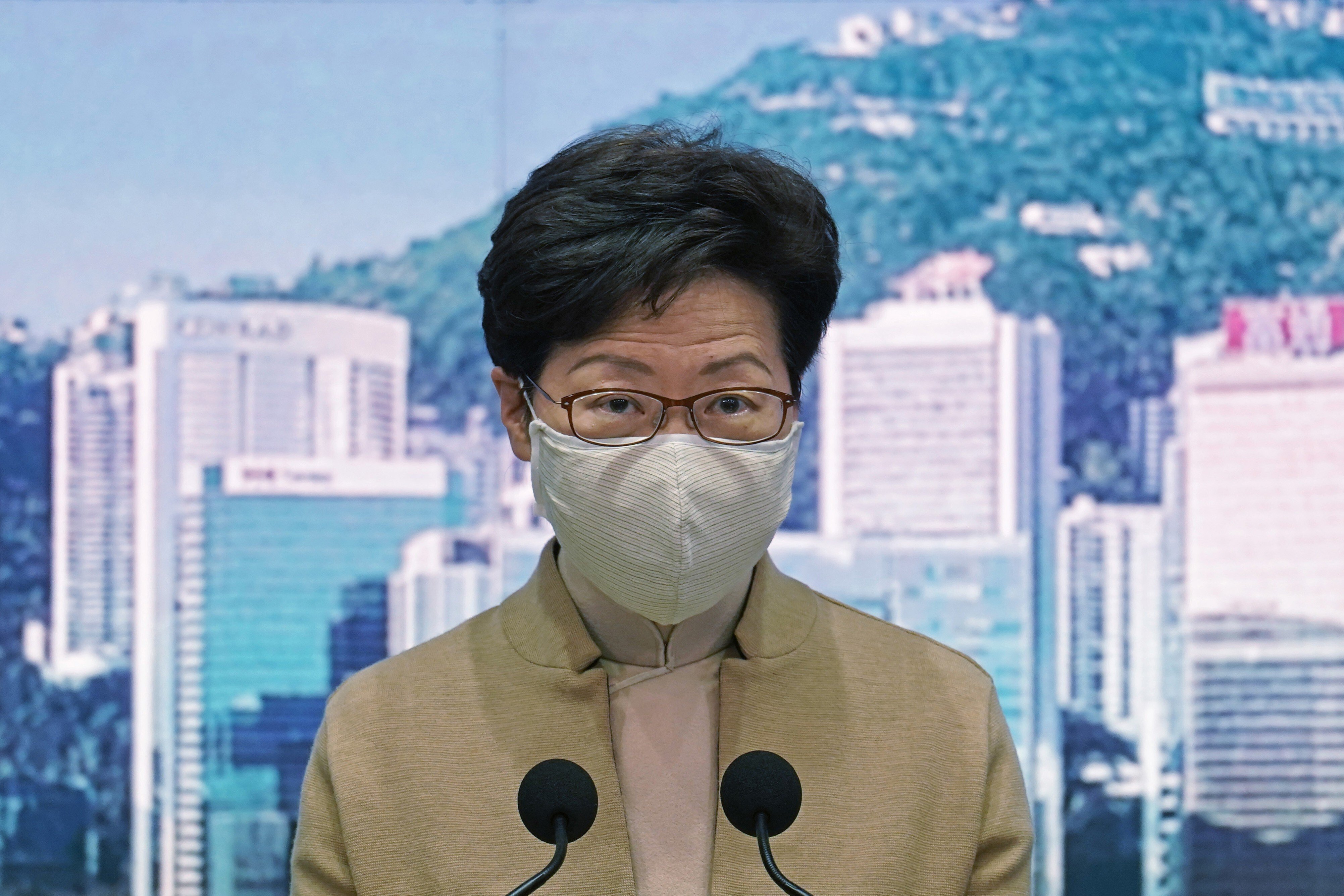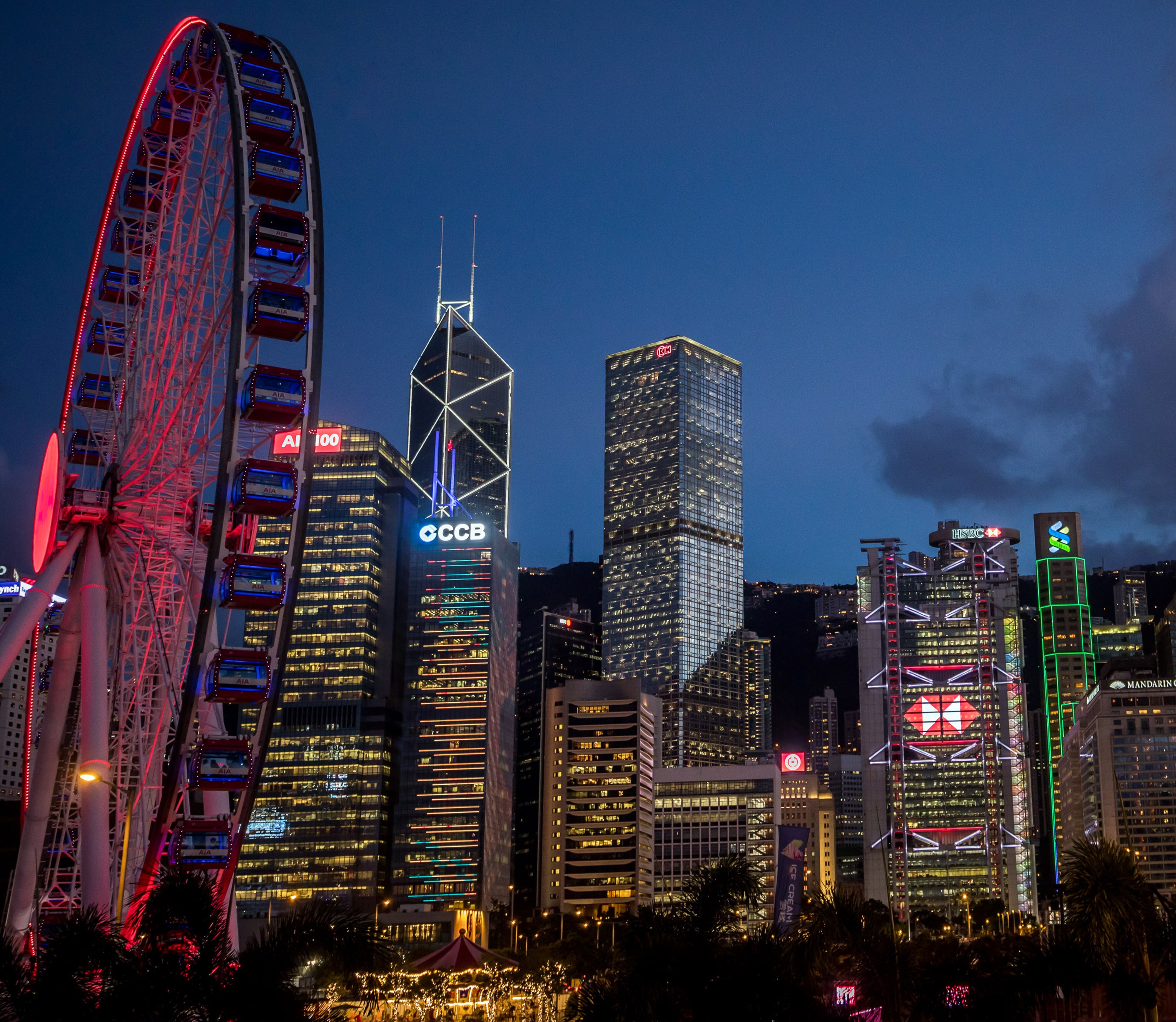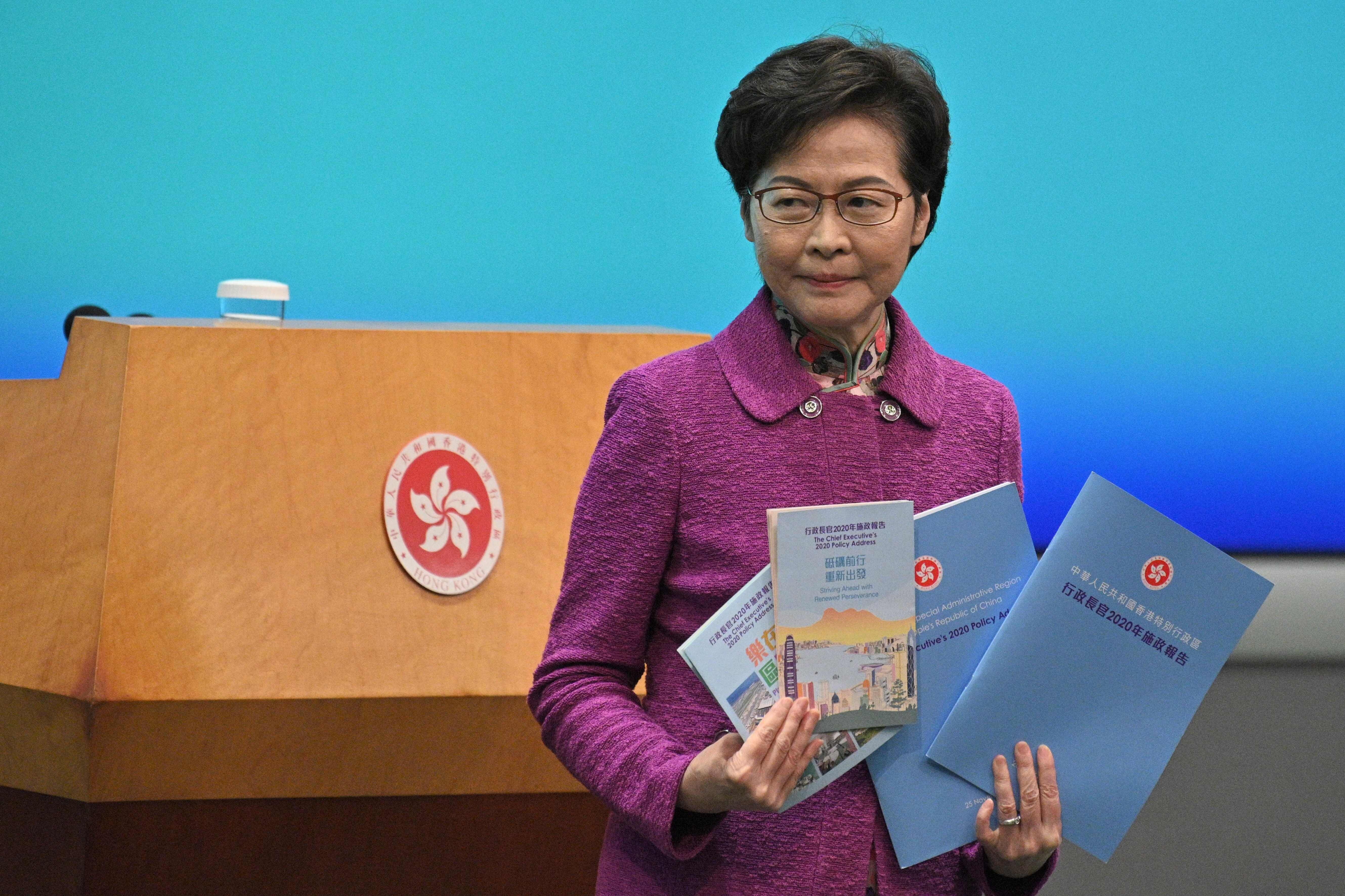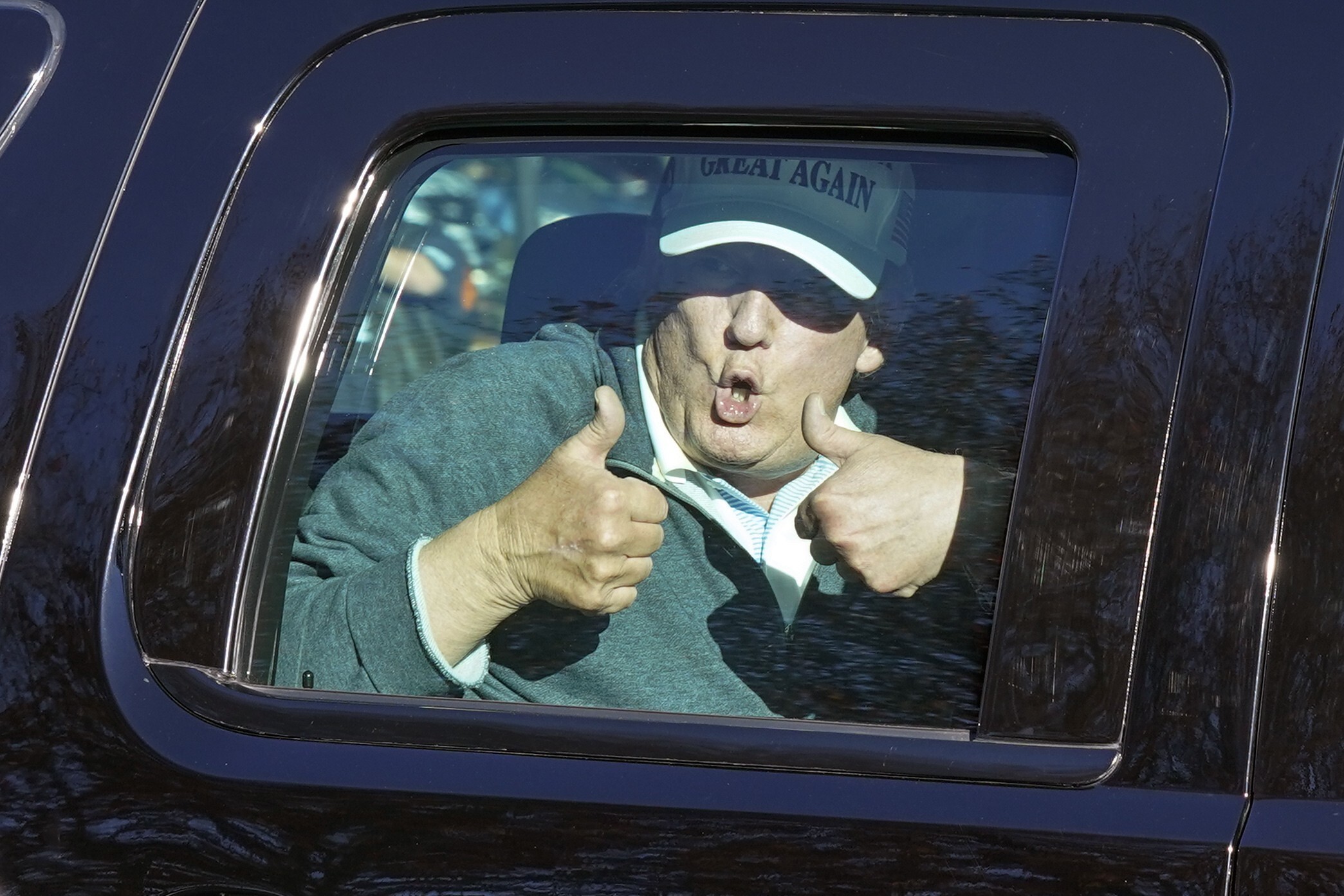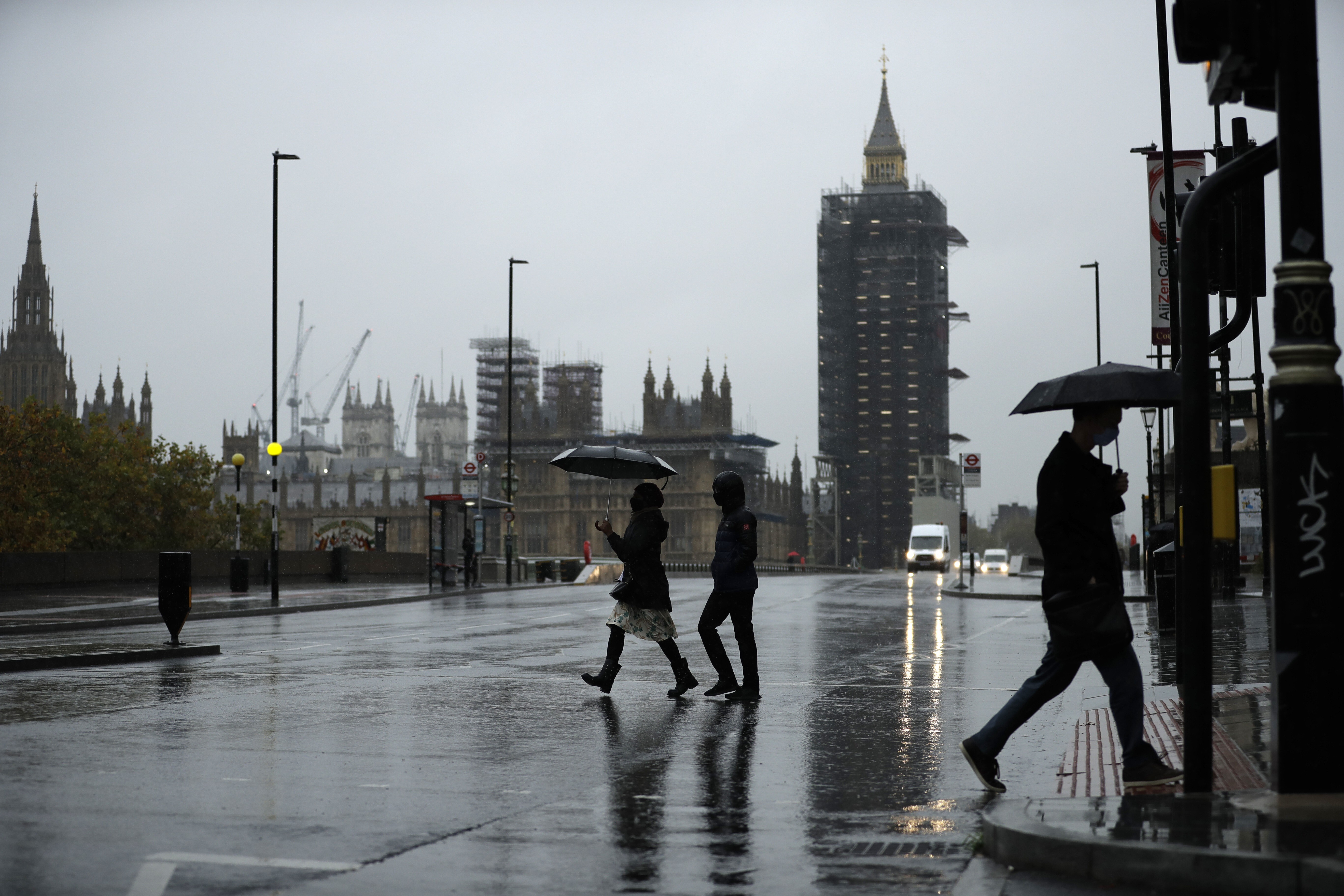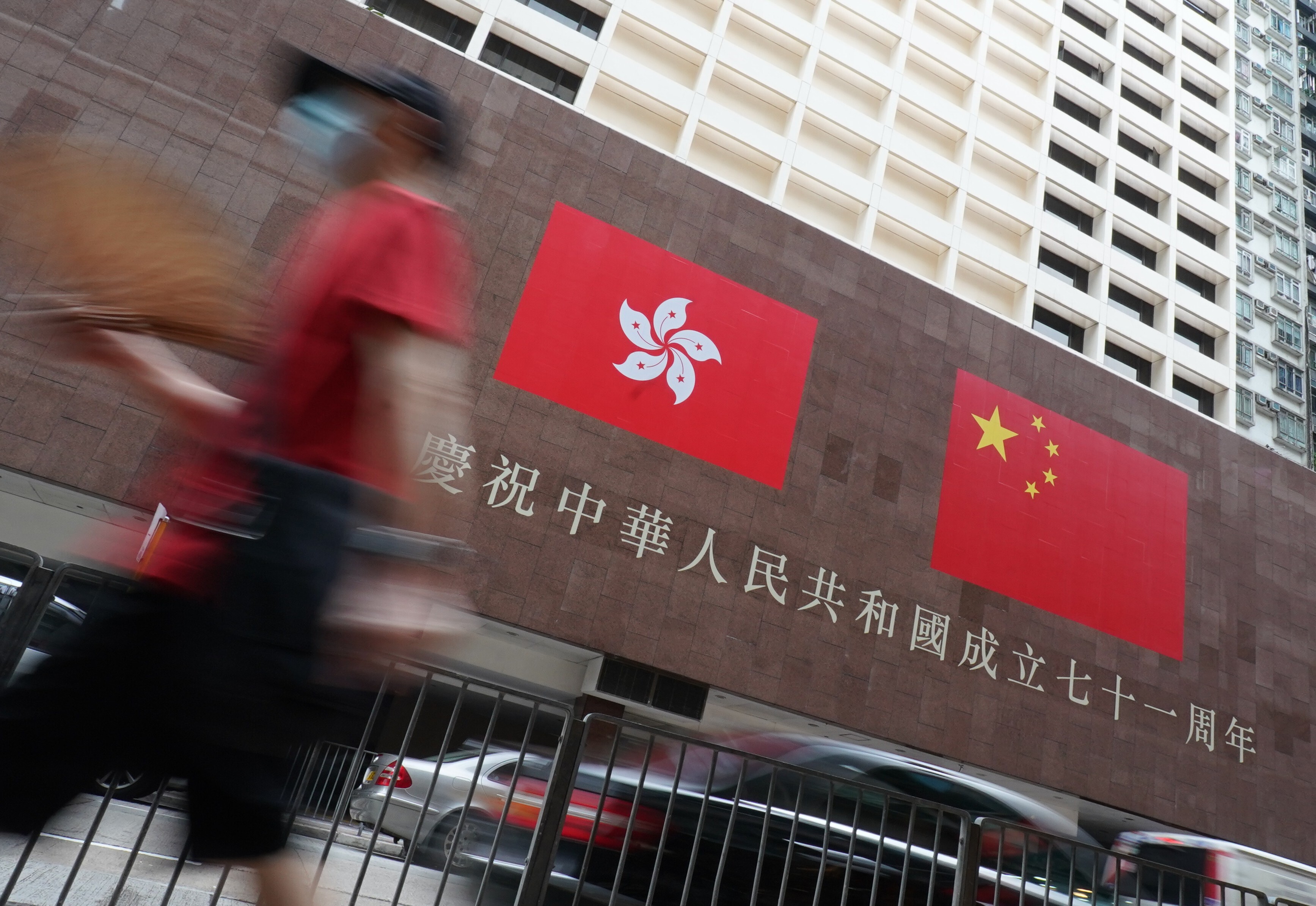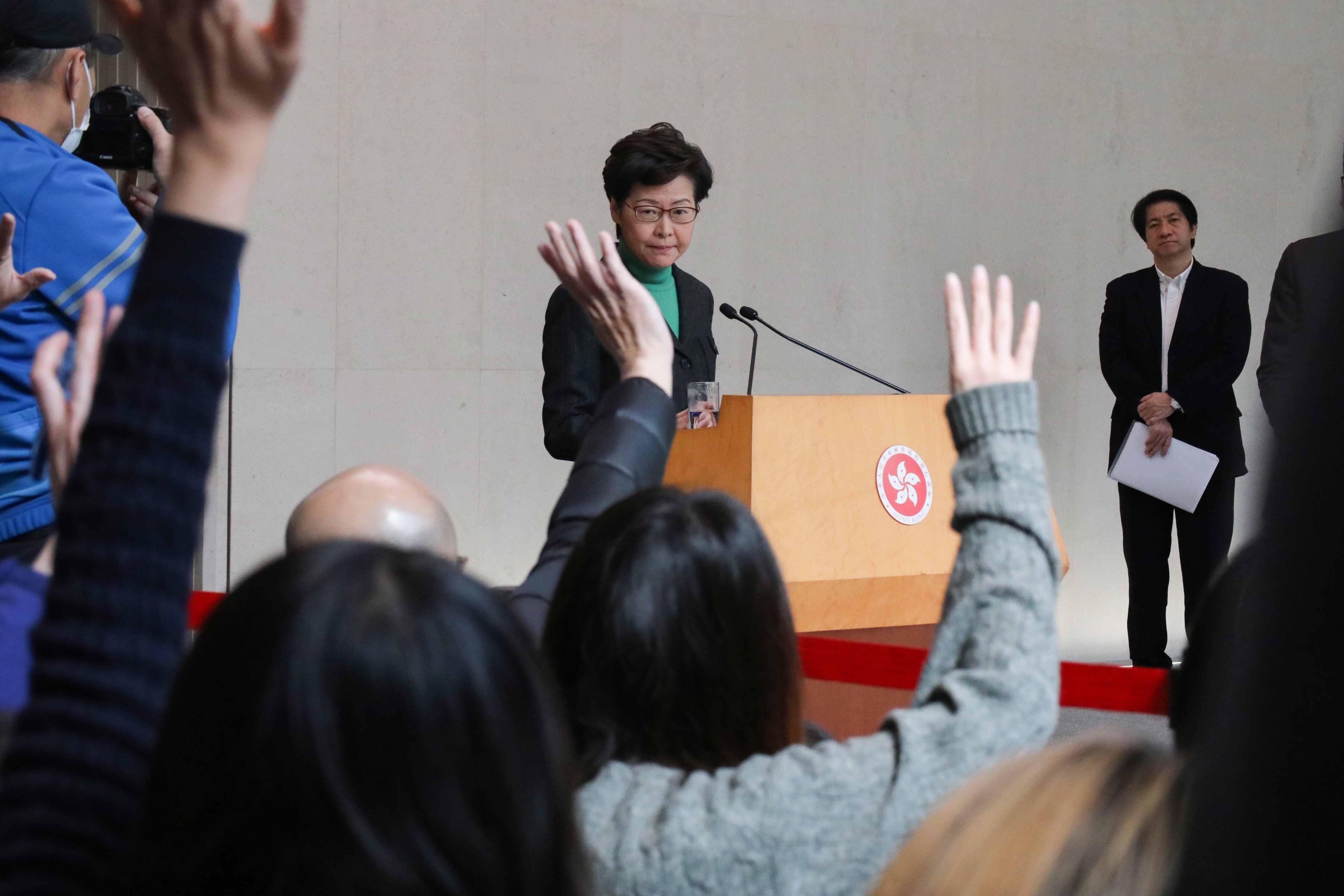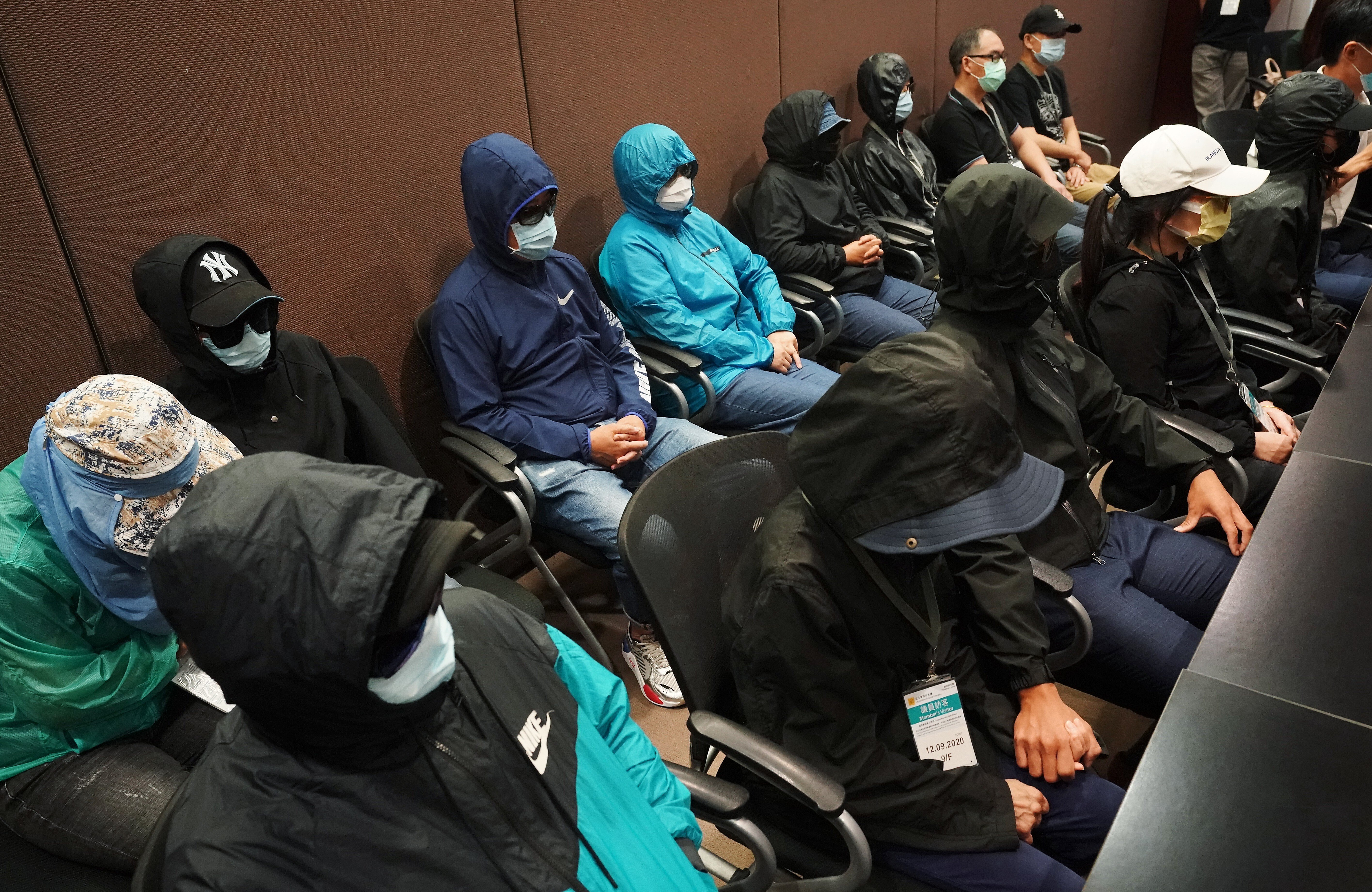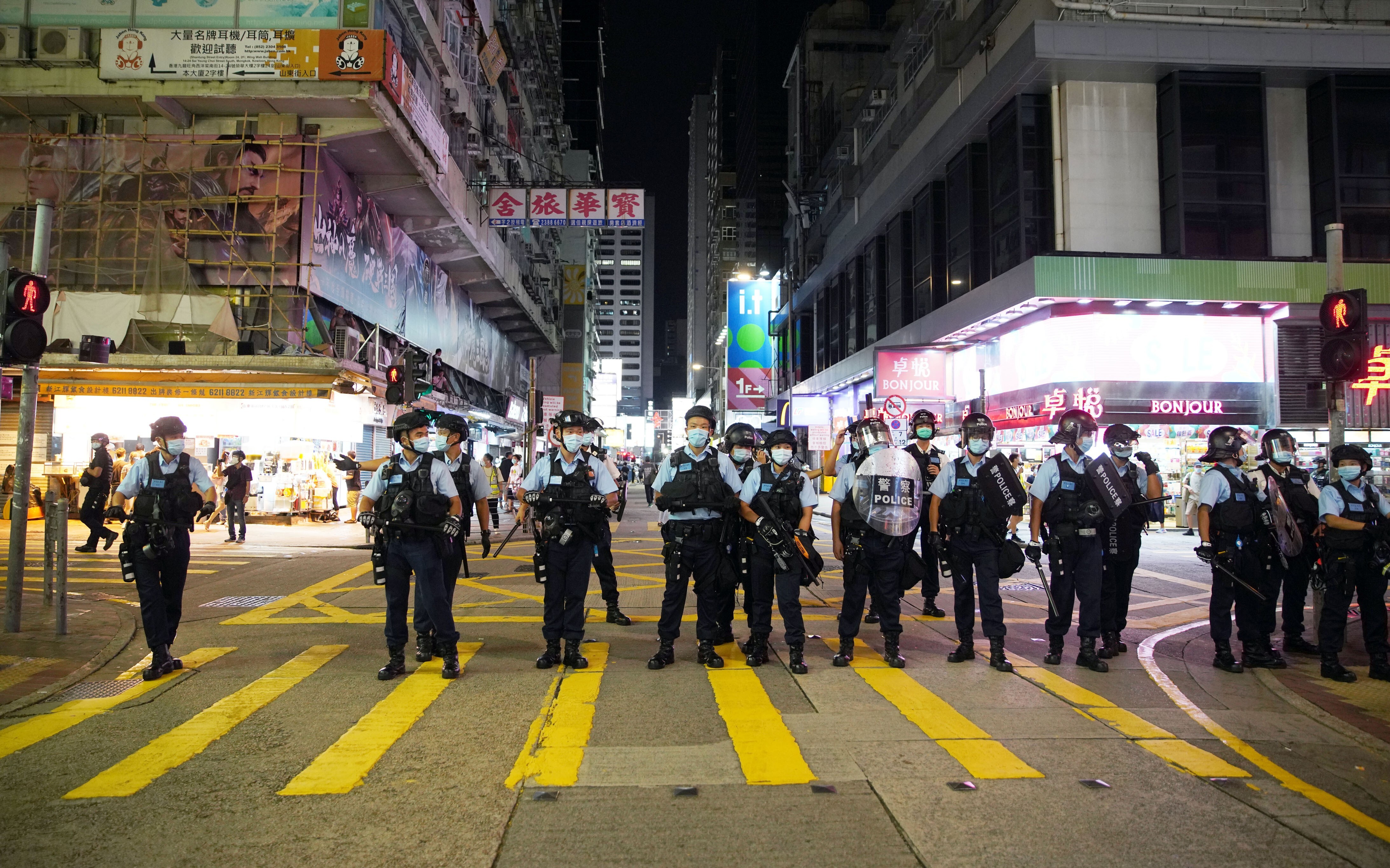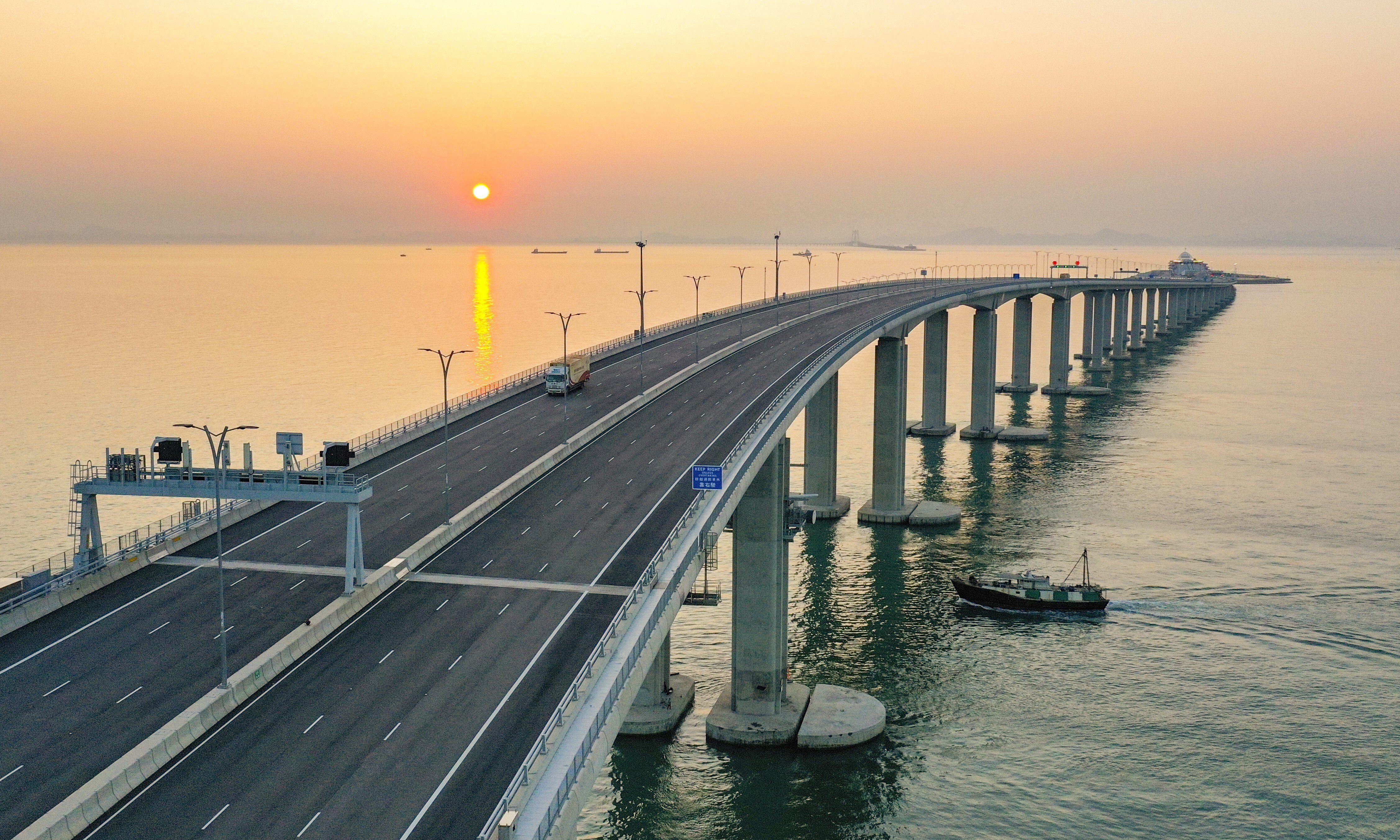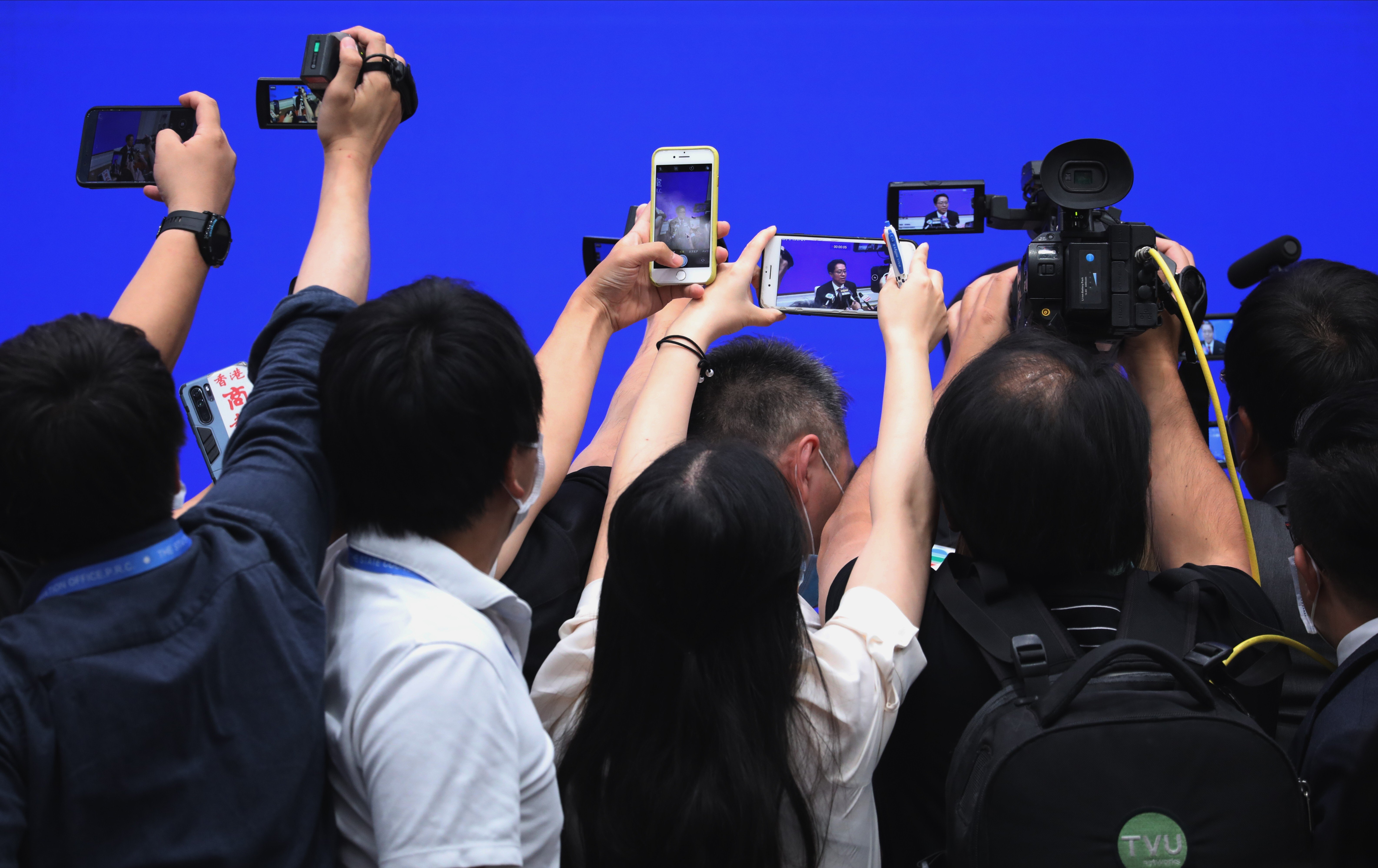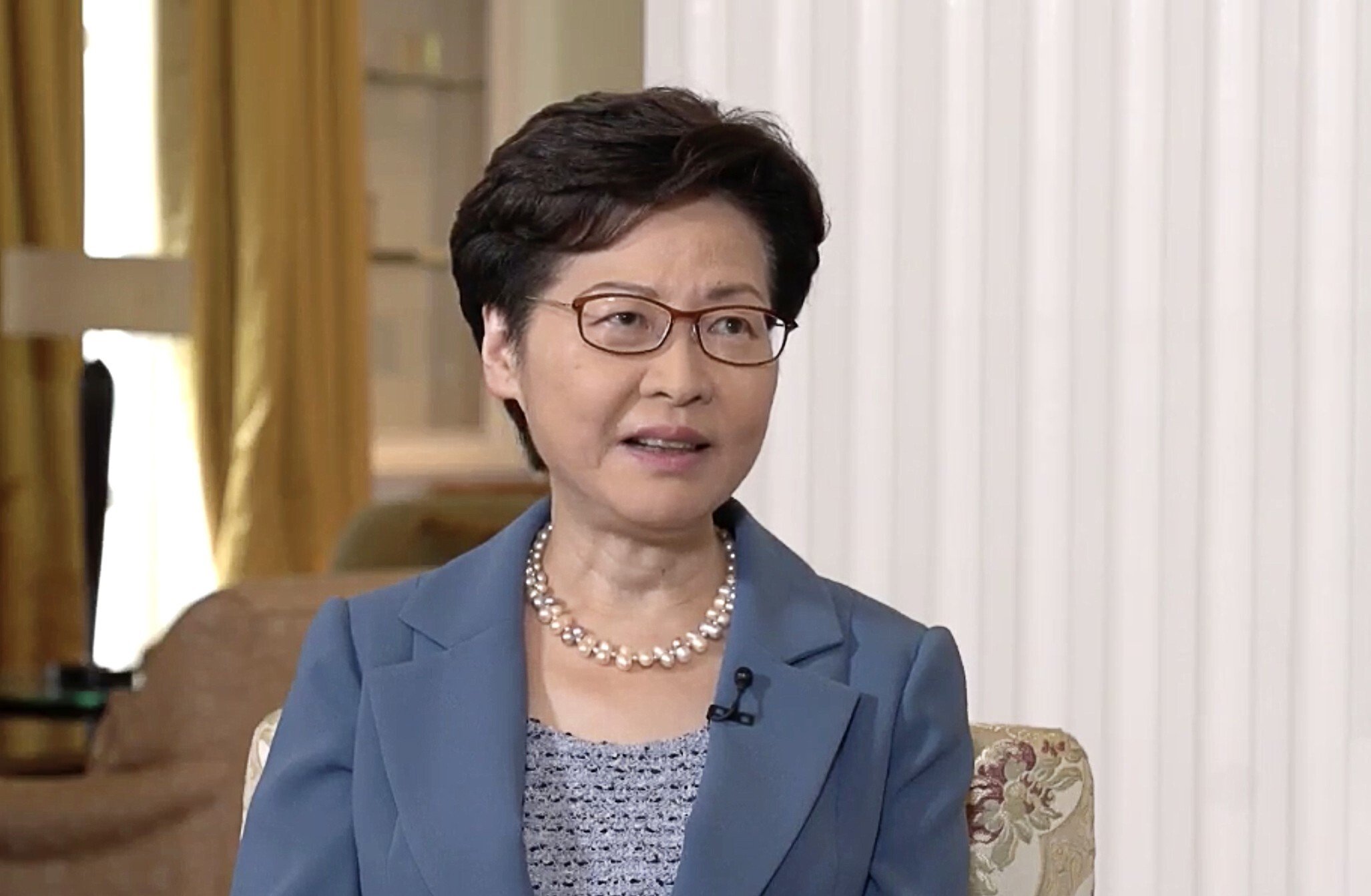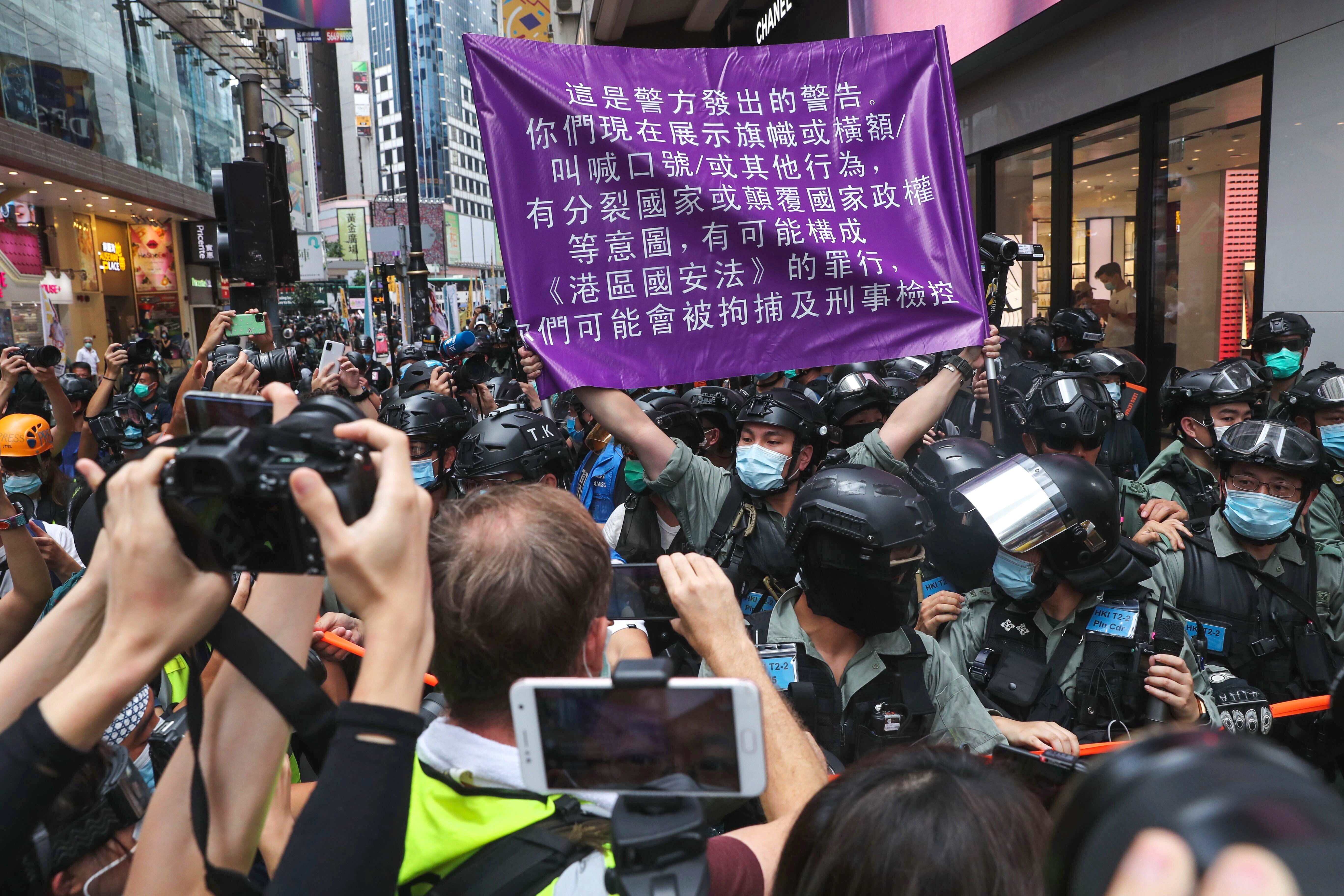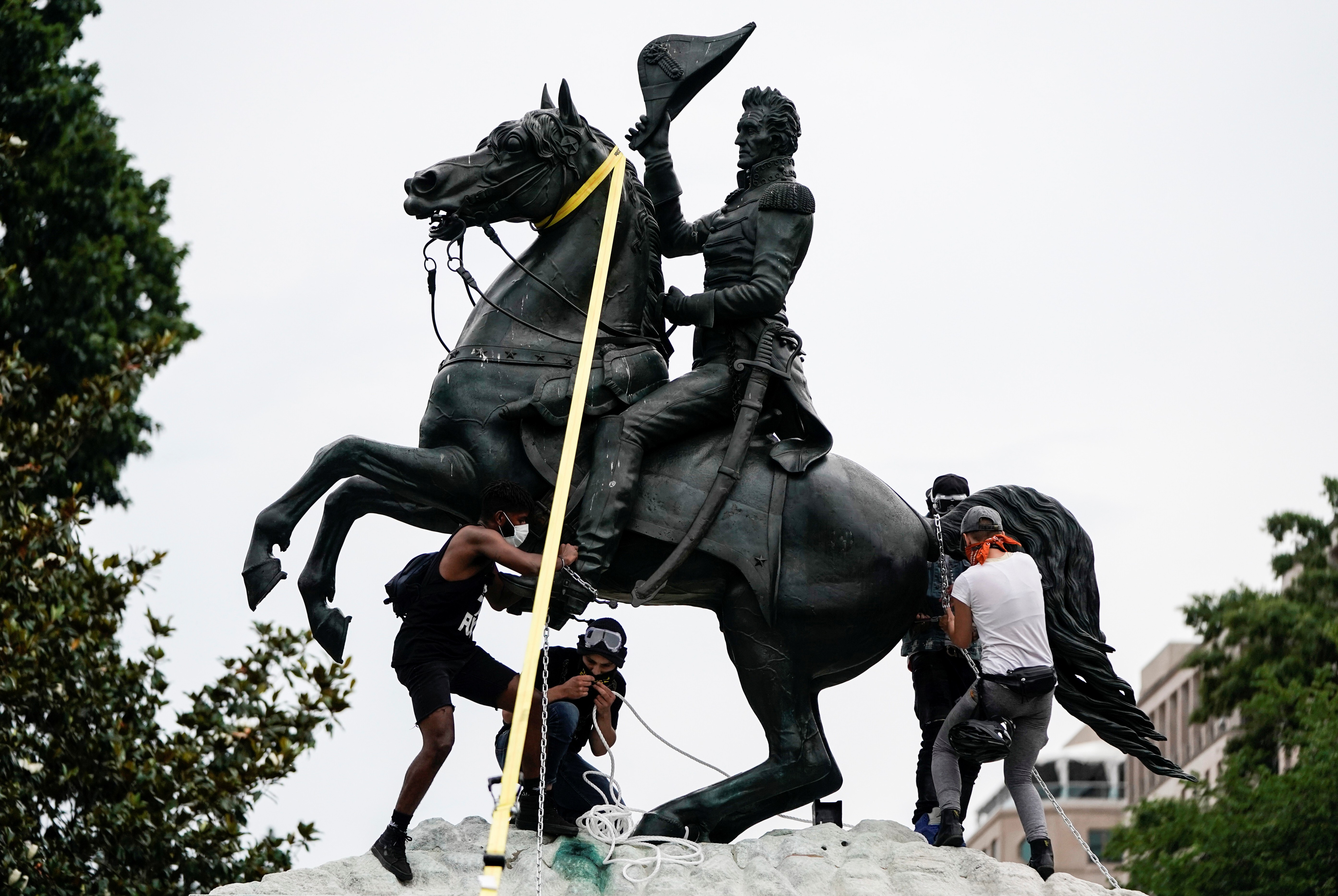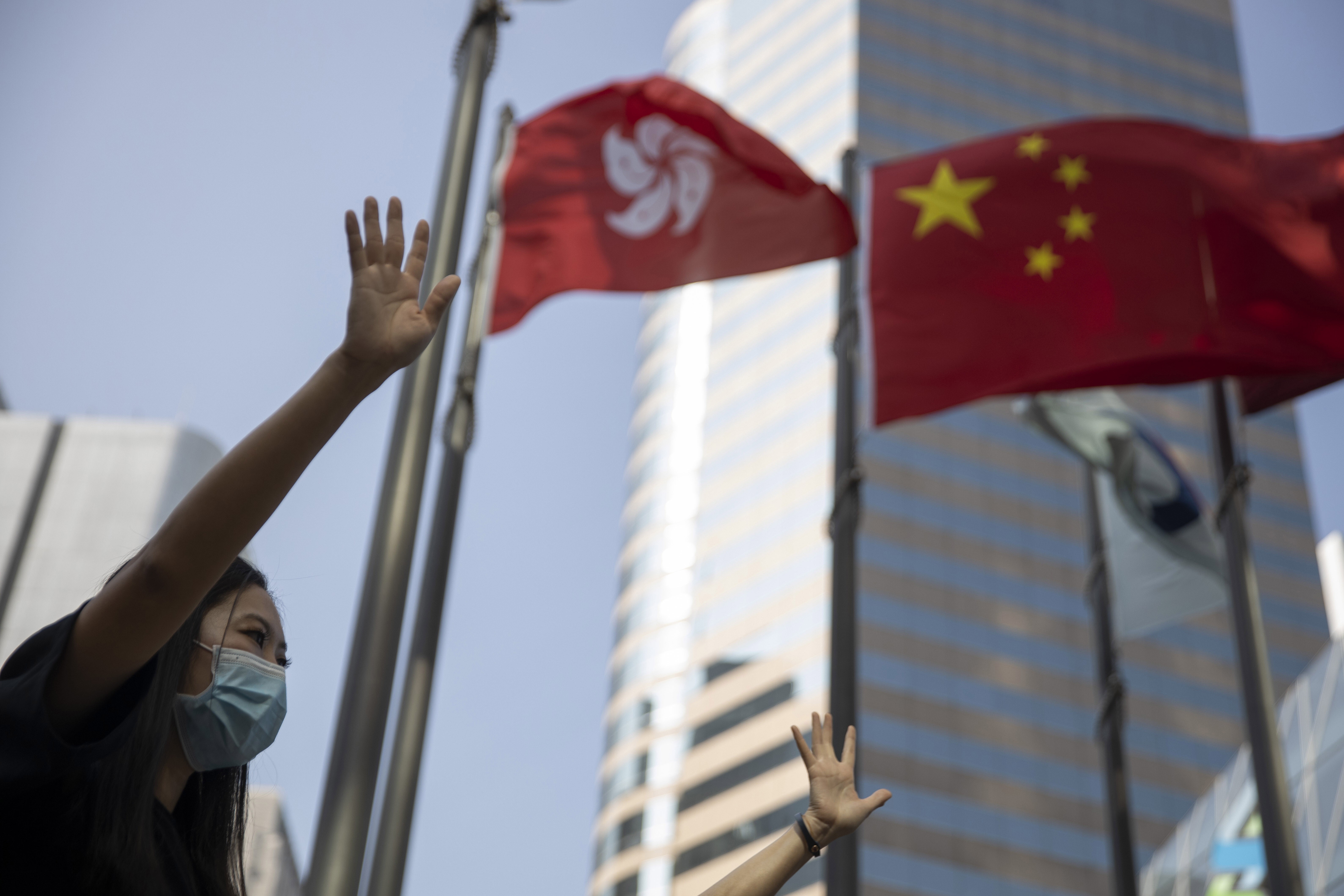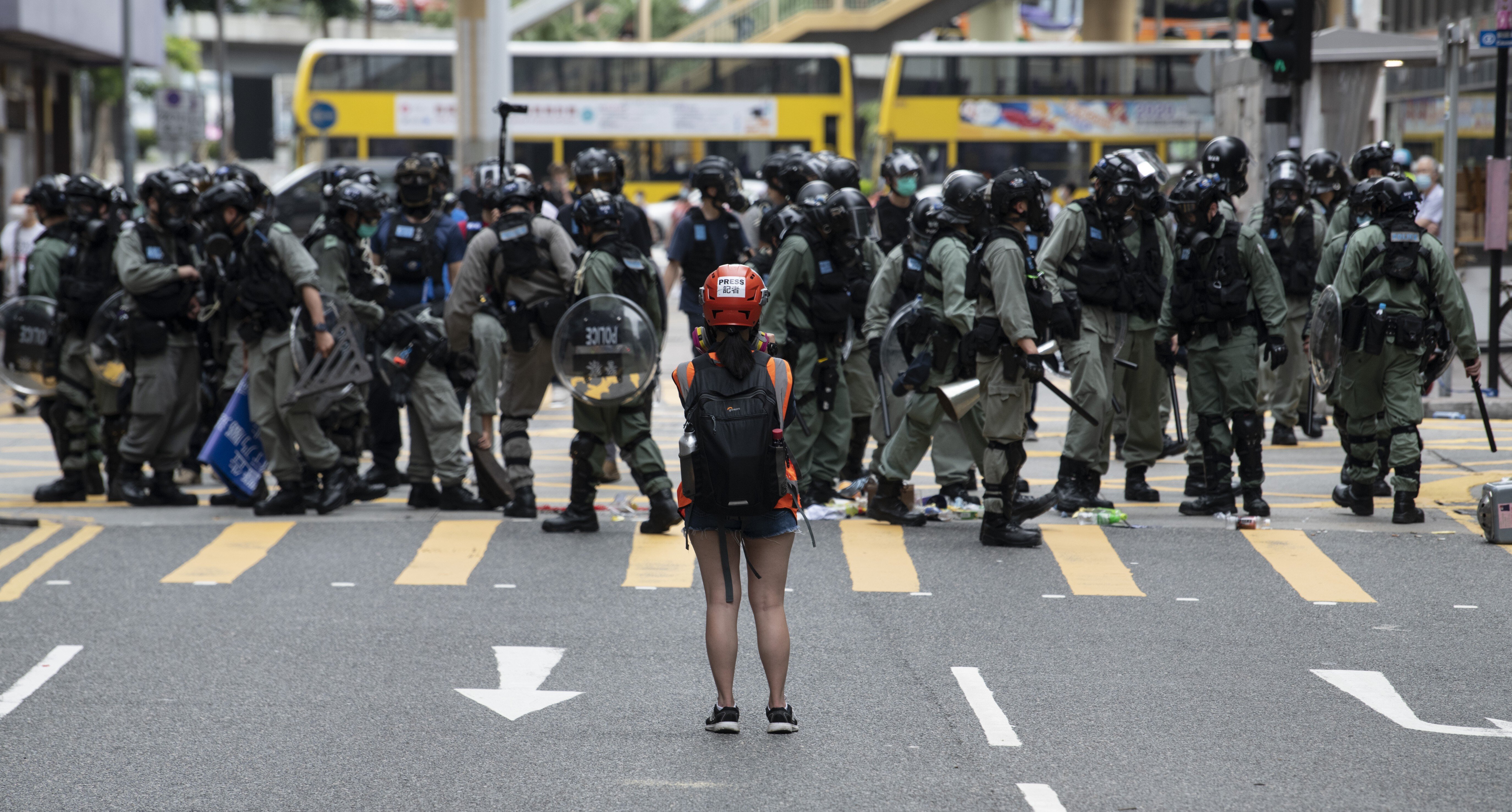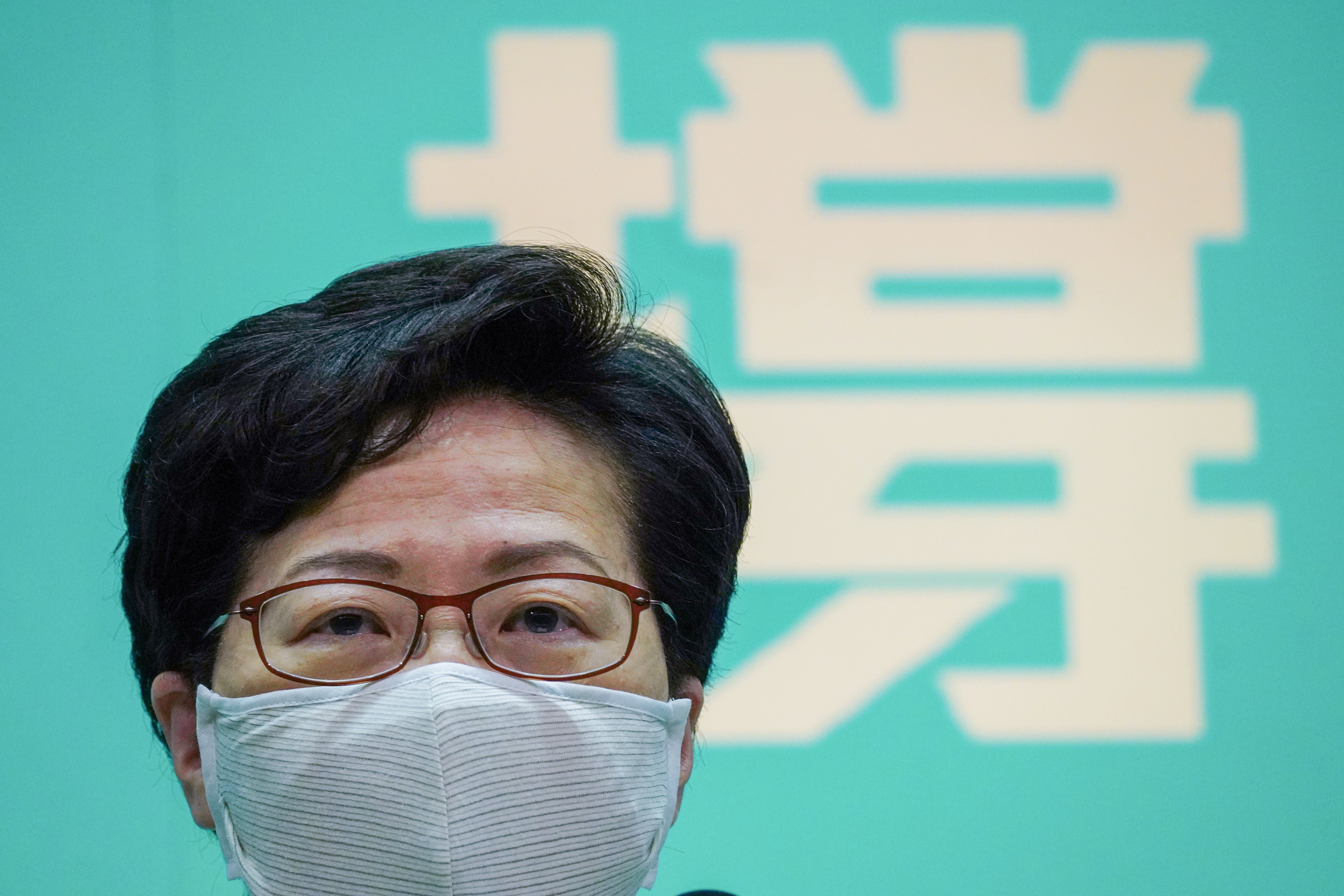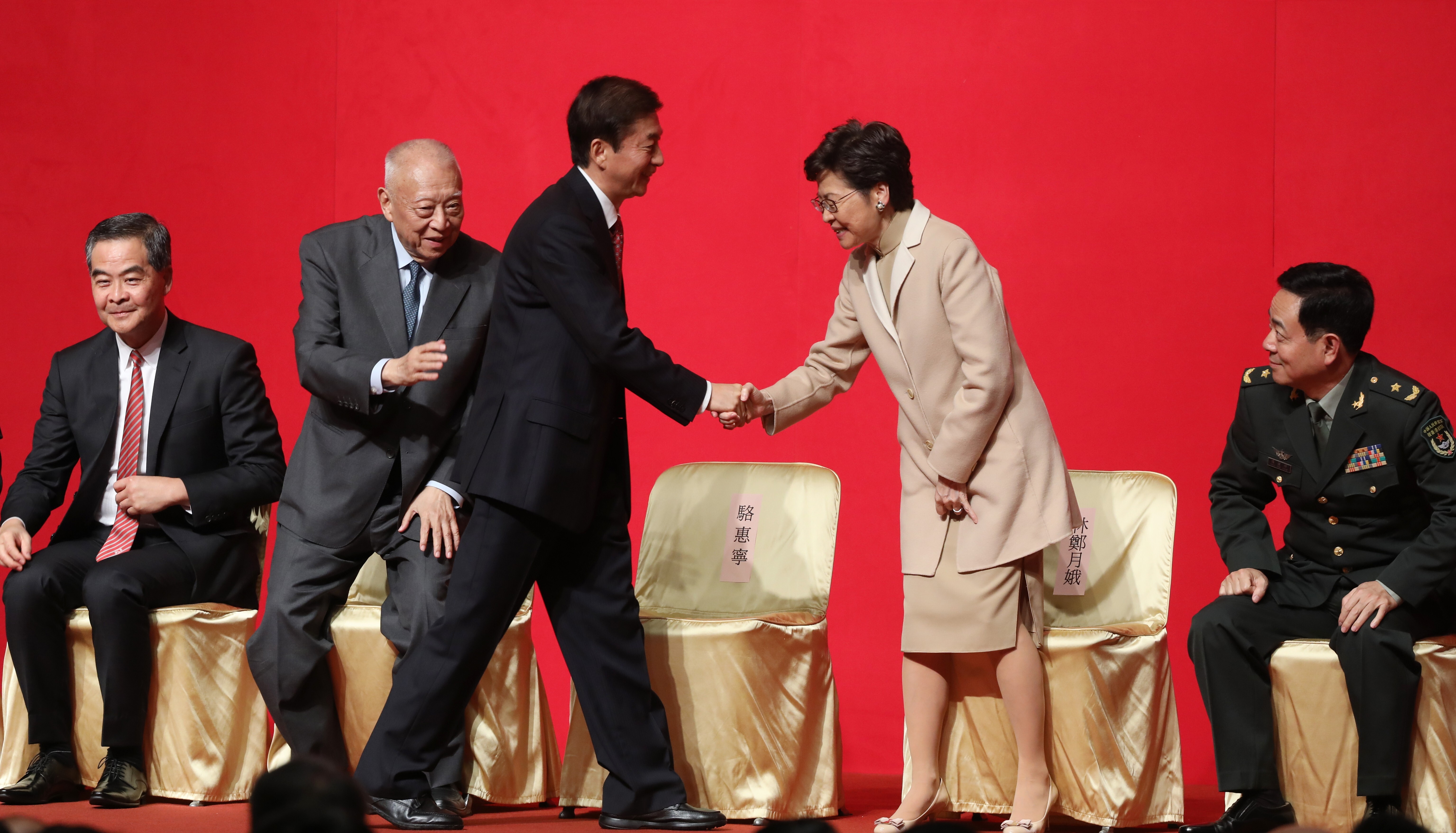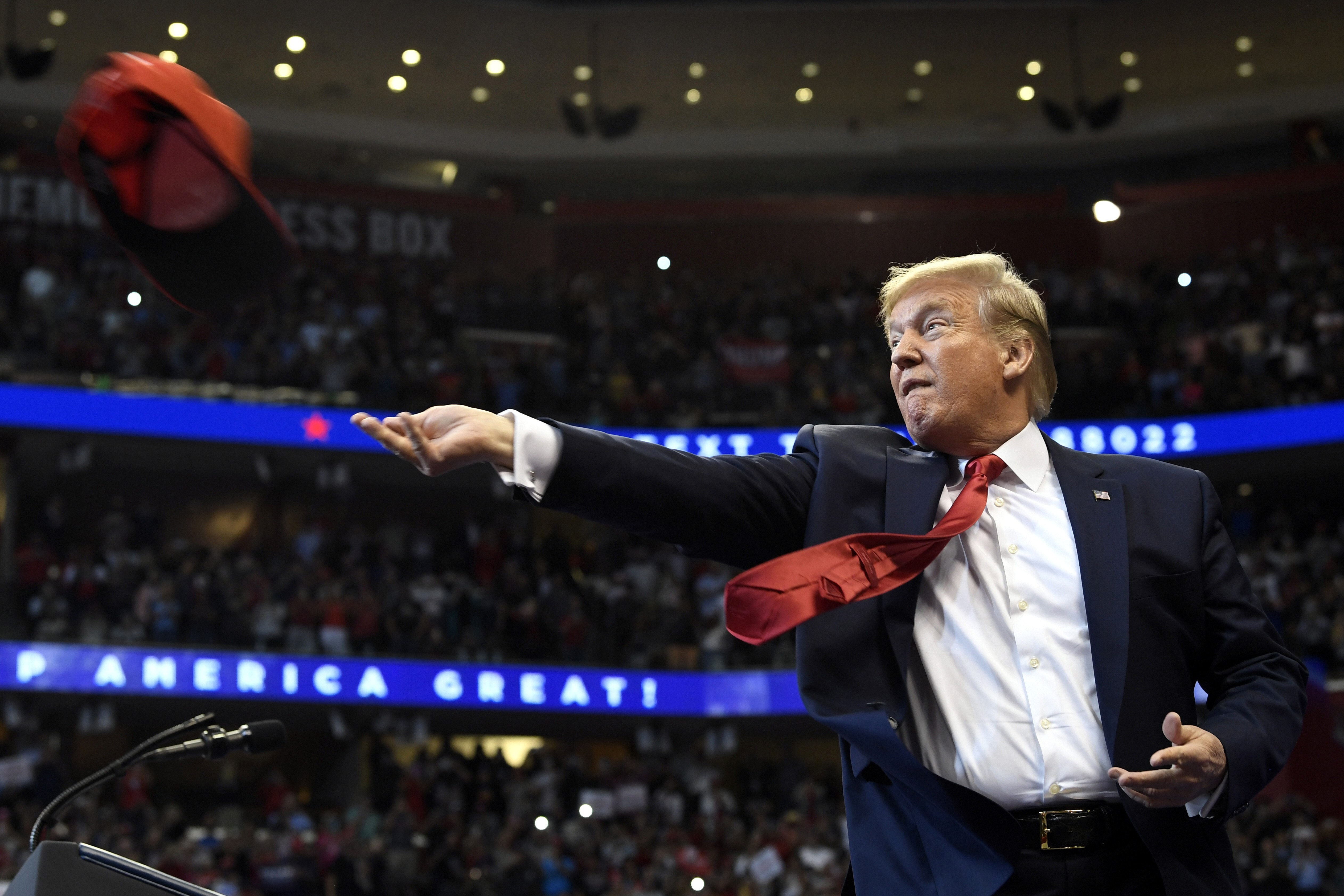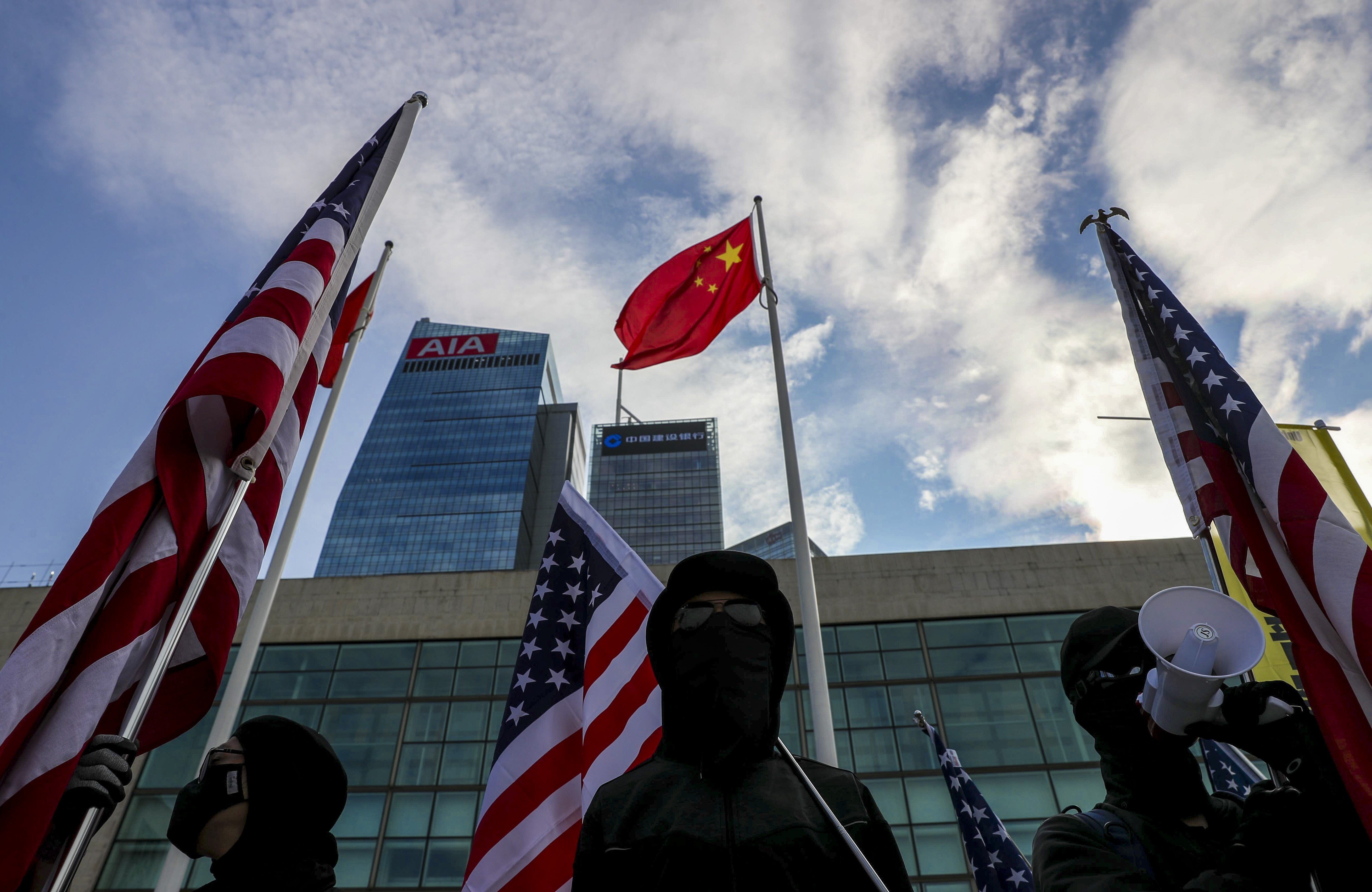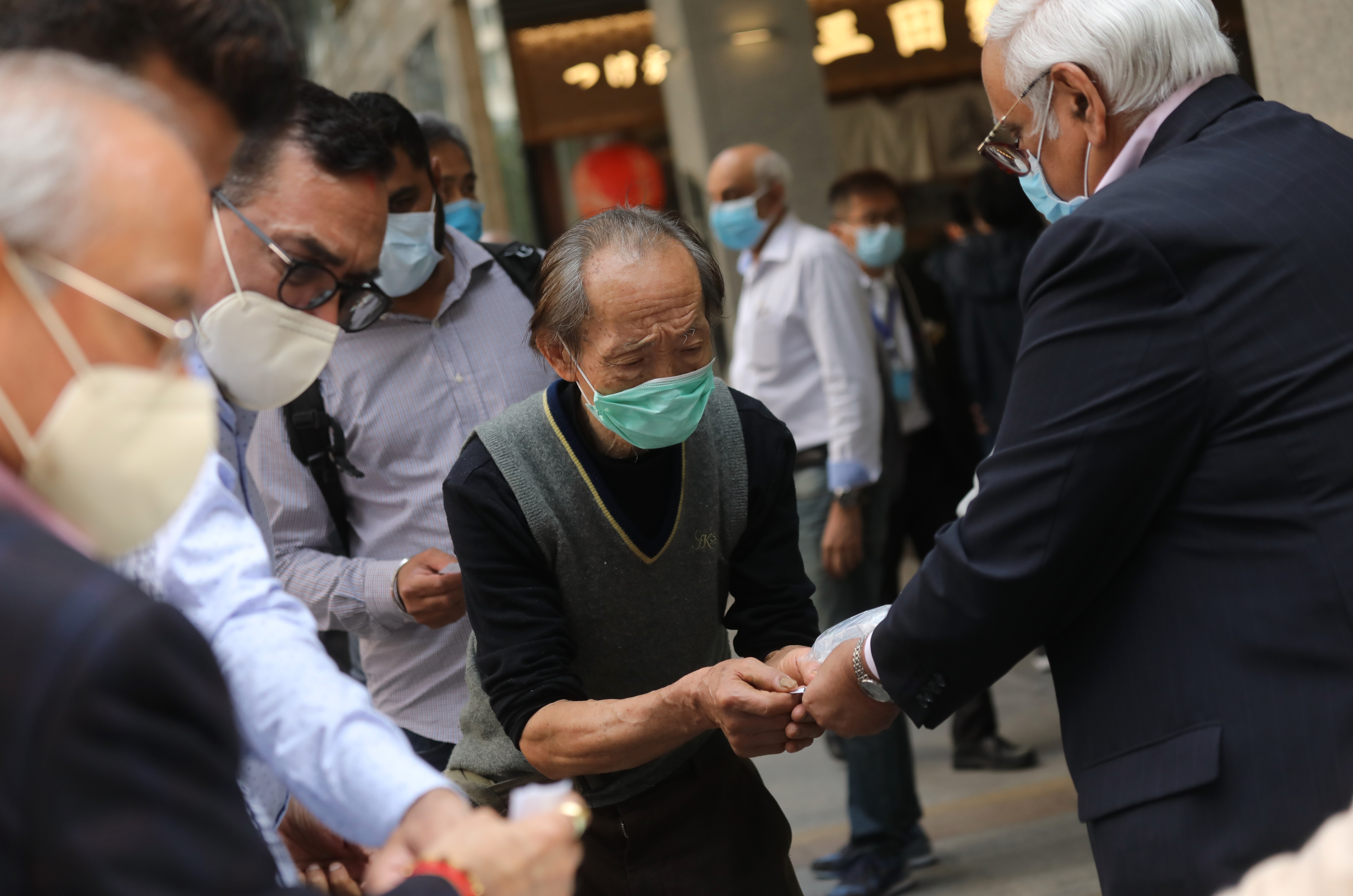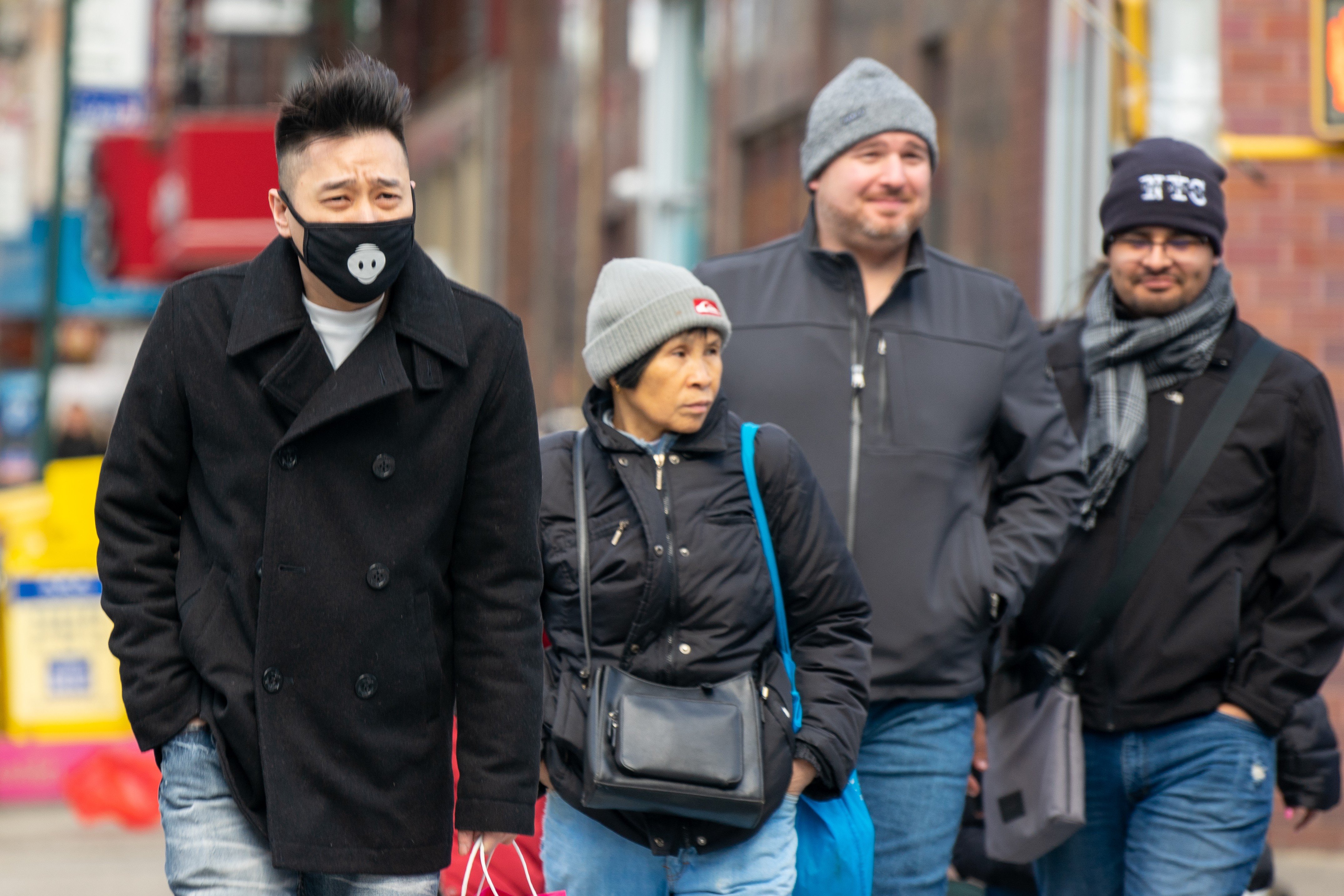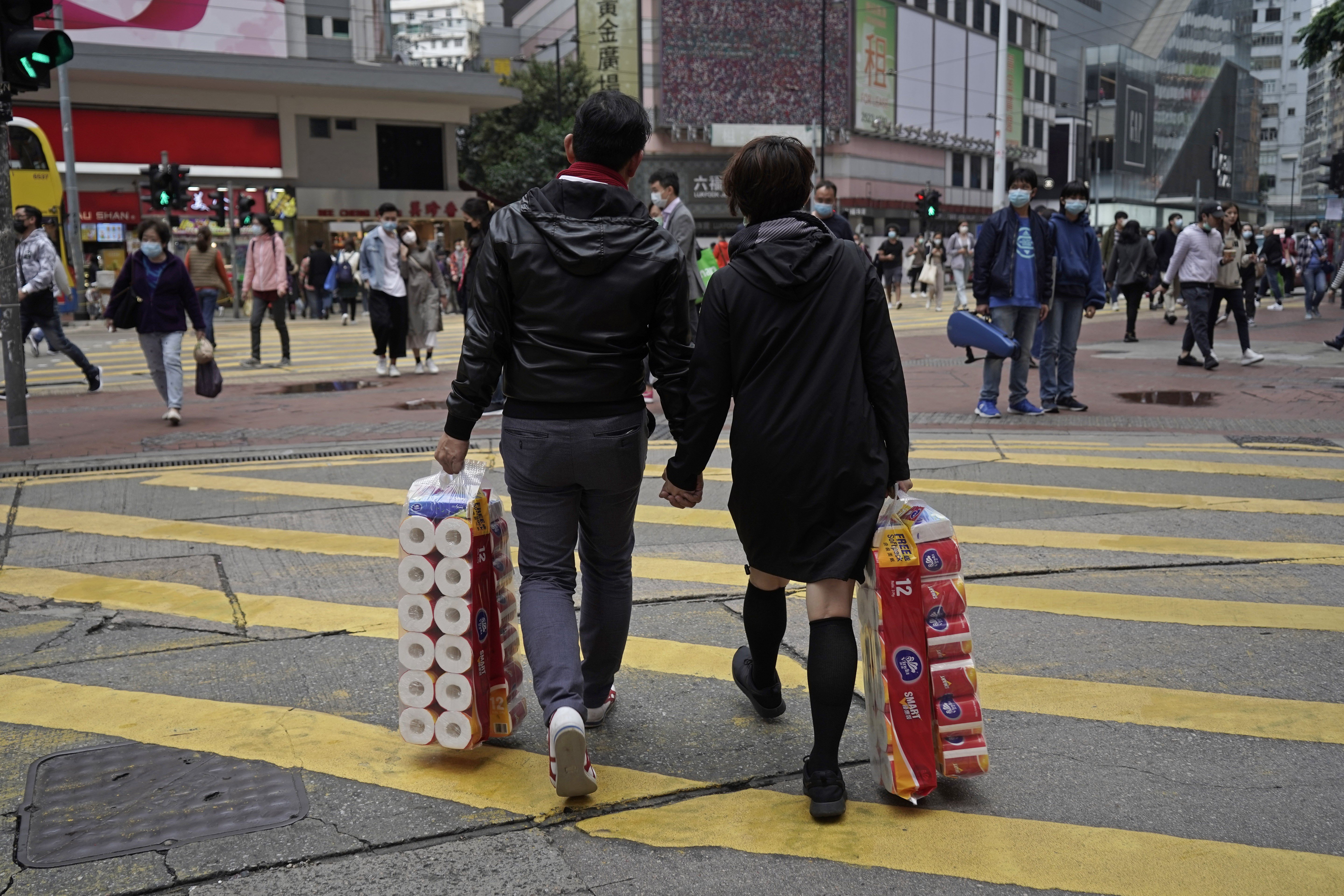Advertisement
Advertisement
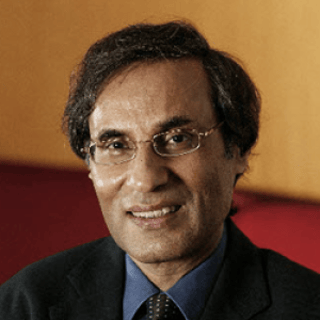
Michael Chugani
Michael Chugani is a Hong Kong journalist and TV show host
It is unfortunate the choice of whether to get vaccinated has become politicised as science should guide our choices. Being vaccinated against a killer disease is better than not being vaccinated as long as the vaccine’s efficacy meets WHO standards.
With Chinese media and netizens attacking Western brands that have shunned Xinjiang cotton on human rights grounds, Hong Kong’s Beijing loyalists are under pressure to purge their closets. Western companies wanting a slice of China’s market, meanwhile, face a tough choice between money and morals.
The requirement of patriotism set to feature in an expected overhaul of Hong Kong’s electoral structure can easily be used by Beijing loyalists as a pretext to target opponents, as illustrated by the recent attack on a Hong Kong official.
This new economic and technological cold war’s most potent weapon is not ideology but information, which gives China an advantage and the US-led West a handicap.
Advertisement
To qualify as a patriot, is criticism of Carrie Lam and her policies, and the Communist Party or the motherland, allowed? Who knows in today’s surreal Hong Kong? Certainly, things seem to have changed from Deng Xiaoping’s time.
The storming of Congress was an aberration and doesn’t define US democracy. Every time America’s global image is tarnished, it picks itself up. This time will be no different with Biden as president after four turbulent years of Trump.
Free speech and media freedom now involve second-guessing to avoid the security law’s red lines while Carrie Lam has defended state media’s attacks on our judiciary and blamed Hongkongers for disrupting social harmony by exercising their rights.
Staunch loyalists have been attacking the chief executive’s coronavirus response and leadership. Could it be Beijing’s way of hinting that she won’t get a second term?
The world now sees Hong Kong as a city that limits free speech, restricts protests, reins in the media, crushes the opposition with waves of arrests, and freezes bank accounts, all in the name of national security.
The chief executive has said the blue cover of her policy address represents hope and that the national security law will not curb freedoms in Hong Kong. However, a manufacturer’s decision to suspend its business after pro-Beijing media accused it of violating the new law indicates it is having a chilling effect.
The doomsayers fail to grasp that American democracy cannot be broken by one president’s behaviour. What Trump is doing is messy but also democracy in its purest form, and denying him the right to challenge the result would erode democracy.
Why does Beijing want to stop BN(O) passport holders from leaving? They are likely to oppose the security law, and to have backed last year’s mass protests. So why not let these so-called unpatriotic troublemakers go – or would that be too embarrassing?
The central government’s liaison office recently reminded Hongkongers that patriotism was a duty, not a choice. It is wishful thinking that national education, censoring textbooks, or deregistering a teacher will make young people patriots.
But it’s not just the media being redefined, it is also the Basic Law, liberal studies, and separation of powers as we know it. Hong Kong’s very character is being changed.
Beijing’s handling of the 12 detainees so far is exactly why there was such fierce opposition to Hong Kong’s now-dead extradition bill. Giving those held a fair, transparent trial would help restore Hong Kong’s battered reputation and build trust in the mainland’s legal system.
Peace has been restored, but at what cost when people cannot even place floral tributes outside an MTR station? The new law has only instilled fear and Hong Kong can never be at peace with itself until the underlying causes of last summer’s uprising are properly addressed.
The national security law, which the government used to raid a media outlet and arrest its owner, has left the Hong Kong brand in tatters. The now-dead extradition bill was a precursor to events that changed how the world sees the city.
Arrest of four students said to be linked to an overseas-based pro-independence group underlines how far-reaching the national security law can be, and how unclear the red lines are. Questions are raised, too, over the postponement of Legco elections and Beijing’s response to UK’s offer of citizenship path to Hongkongers.
The chief executive’s acknowledgement that political impasse lies at the root of Hong Kong’s many problems is startling for stating the obvious. While some may welcome her U-turn, it’s hard to see how she can make peace with the opposition in the wake of the national security law.
The threat to national security from Hong Kong is overblown, which makes the new law a sledgehammer that hurts the city’s international reputation. How can there be hope in a ruptured society?
The Black Lives Matter movement is an awakening for the US. Facing up to institutionalised racism is long overdue. Slavery is a stain on America’s history, and the task is to rectify this stain without erasing history.
Since April, Hongkongers have faced bombshell announcements from the central and local government that raise questions about the ‘one country, two systems’ framework. These developments will not quell Hong Kong’s civil unrest.
The wording of the proposed national security legislation leaves it unclear if people beyond protesters in the street could find themselves accused of subversion, secession or terrorism.
The chief executive’s call for safeguards to protect impressionable young minds comes on the heels of the government’s flip-flopping about the role of Beijing’s liaison office in the city. Have the government and Beijing written off a whole generation of youth?
Beijing played a wild card when its agencies asserted that they were exempt from Article 22 of the Basic Law. They have created so much ambiguity about their roles that it can’t possibly bode well for Hong Kong’s high degree of autonomy.
His early missteps notwithstanding, Trump must be given credit for banning travellers from China and rallying states and private companies to deal with the crisis. Moreover, the US president’s ‘America first’ policy is in the country’s best interests.
The arrest of a district councillor under colonial-era sedition law and Beijing’s order stopping a dozen foreign journalists from working in Hong Kong are a blow to Hong Kong’s freedoms.
Not only does Hong Kong’s leader lack the credibility to begin a television address with ‘my fellow Hongkongers’, the government’s inadequate handling of the crisis has pushed the city’s residents to draw on their own resources.
We’re all racists, it’s just a matter of degree. If The Wall Street Journal’s ‘Sick Man of Asia’ headline was racist, was it more offensive than the CCTV variety show featuring blackface? Unlike China, at least the US admits it has a problem.
Hong Kong’s leaderless drift continues even as the city battles to contain the spread of the coronavirus and Beijing’s new appointments do not bode well.

